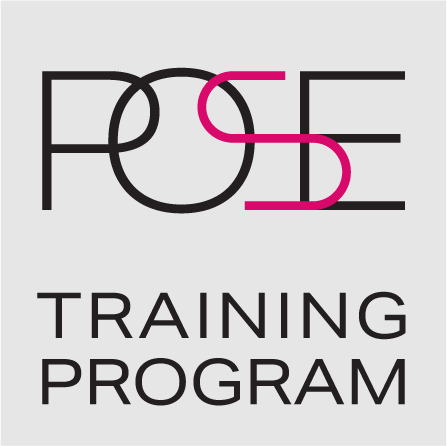Participants in the POSE Training Program are listed on this page. If you think you should be included here, but currently aren’t please email: info@pose.training.
Spring 2023 Pilot
Projects are listed in alphabetical order by project name.
Browse the project directory:
A | C | E | I | O | P | R | S | T | W
Aquatic Preservation
Investments in aquatic species around the world support the annual production of more than 110 million tons of food, the direct employment of more than 60 million people, and support many types of scientific research including medicine. Cryopreservation (freezing) is a valuable tool to protect these resources, but it must be done in a standardized way with devices and approaches that can fit all budgets. By distributing open-source 3-D printing resources, this project aims to safeguard the genetic resources of aquatic species.
Project team members participating in the POSE Training Program:
Maria Teresa Gutierrez-Wing

Assistant Research Professor / Co-PI
Louisiana State University Agricultural Center
Yue Liu
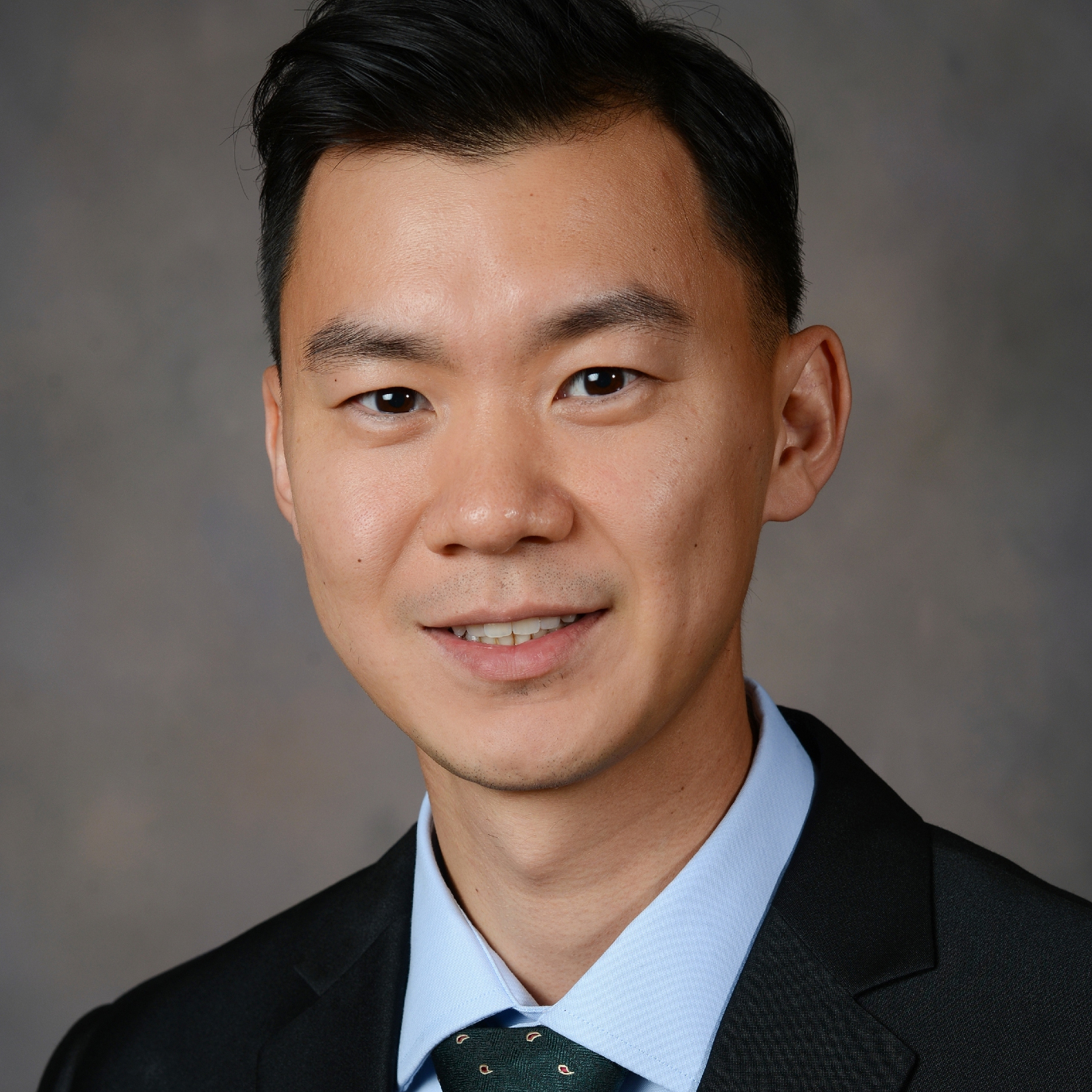
Assistant Professor
Louisiana State University Agricultural Center
CKAN
The Comprehensive Knowledge Archive Network (CKAN), and open-source data management software, powers open data and transparency initiatives around the world, including the U.S. government’s open data catalog, Data.gov. The current project will strengthen CKAN so that it continues to provide an effective platform for open data, open government, and open science initiatives. Members of the research team plan to create an ecosystem map and engage a diverse group of ecosystem users and contributors to uncover issues related to growth and sustainability of the ecosystem.
Project team members participating in the POSE Training Program:
Robert Gradeck
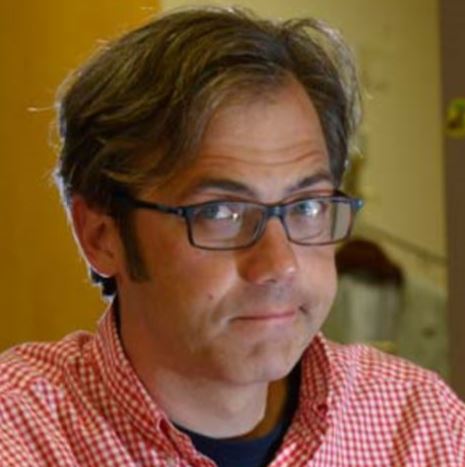
Project Director Western PA Regional Data Center / PI
University of Pittsburgh
Eleanor (Nora) Mattern
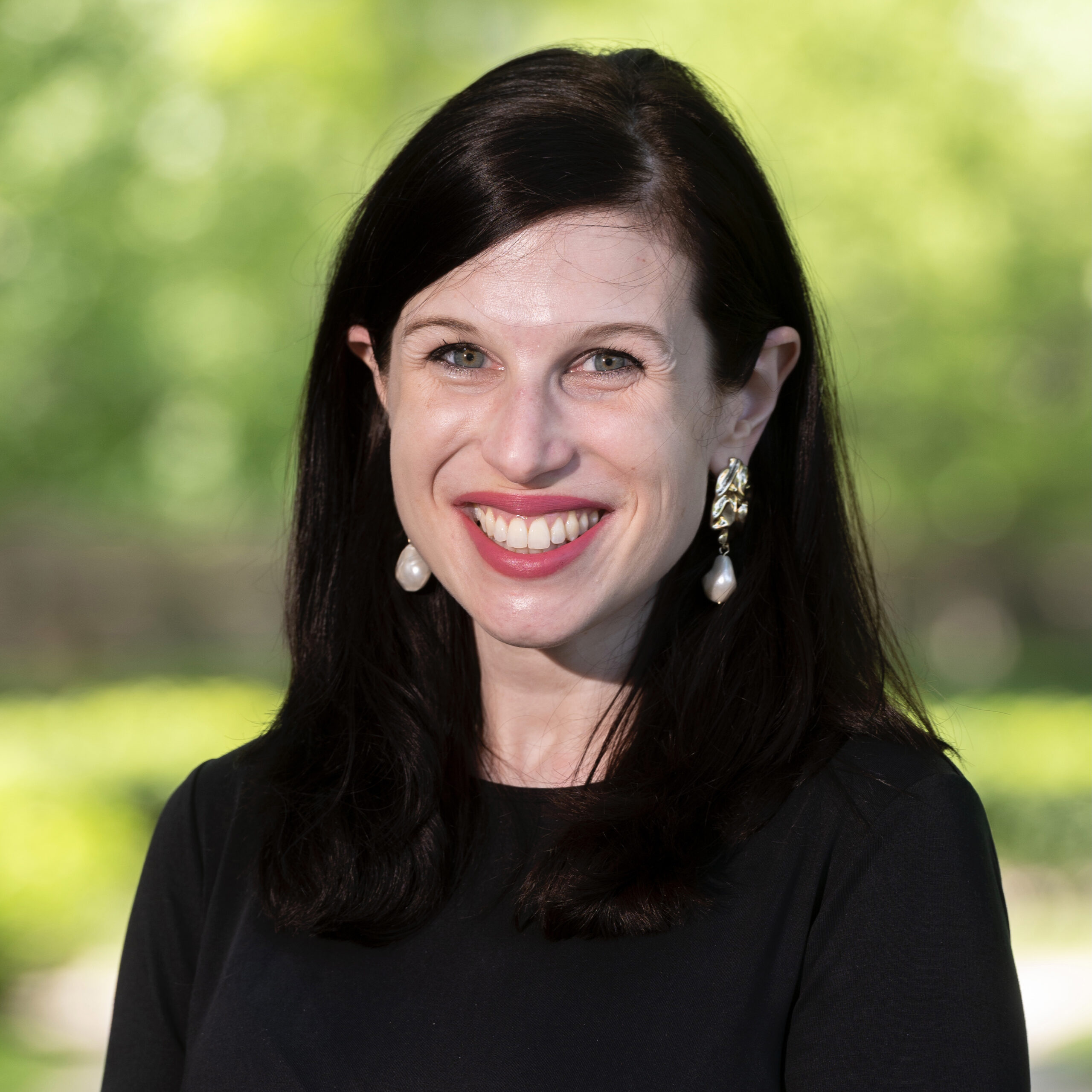
Director of the Sara Fine Institute / Co-PI
University of Pittsburgh
Joel Natividad
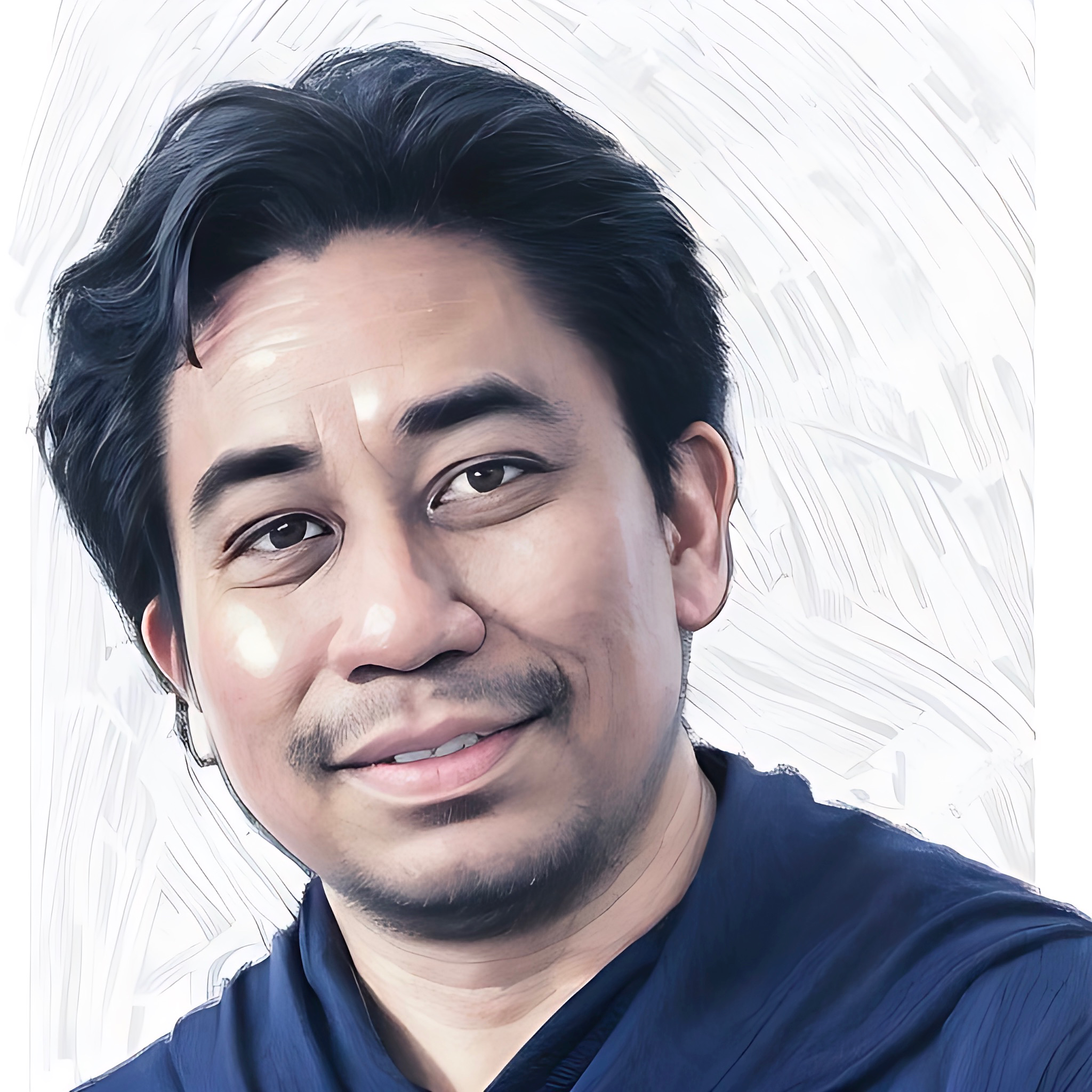
Co-Founder
datHere, Inc.
COMPARE
Manipulation is an essential function for robots. Nearly all visions of advanced robot systems involve a human-like ability to grasp and manipulate objects in industrial or home settings. While great progress is being made, this domain has long suffered from, causing inefficiencies and even stagnation. This project strives to remove longstanding roadblocks to the development and assessment of robot manipulation hardware and software, such as the lack of systematic development and benchmarking methodologies, by establishing an open-source ecosystem (OSE).
Project team members participating in the POSE Training Program:
Adam Norton
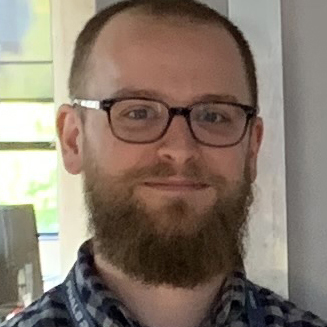
Associate Director, NERVE Center / Co-PI
University of Massachusetts Lowell
Berk Calli
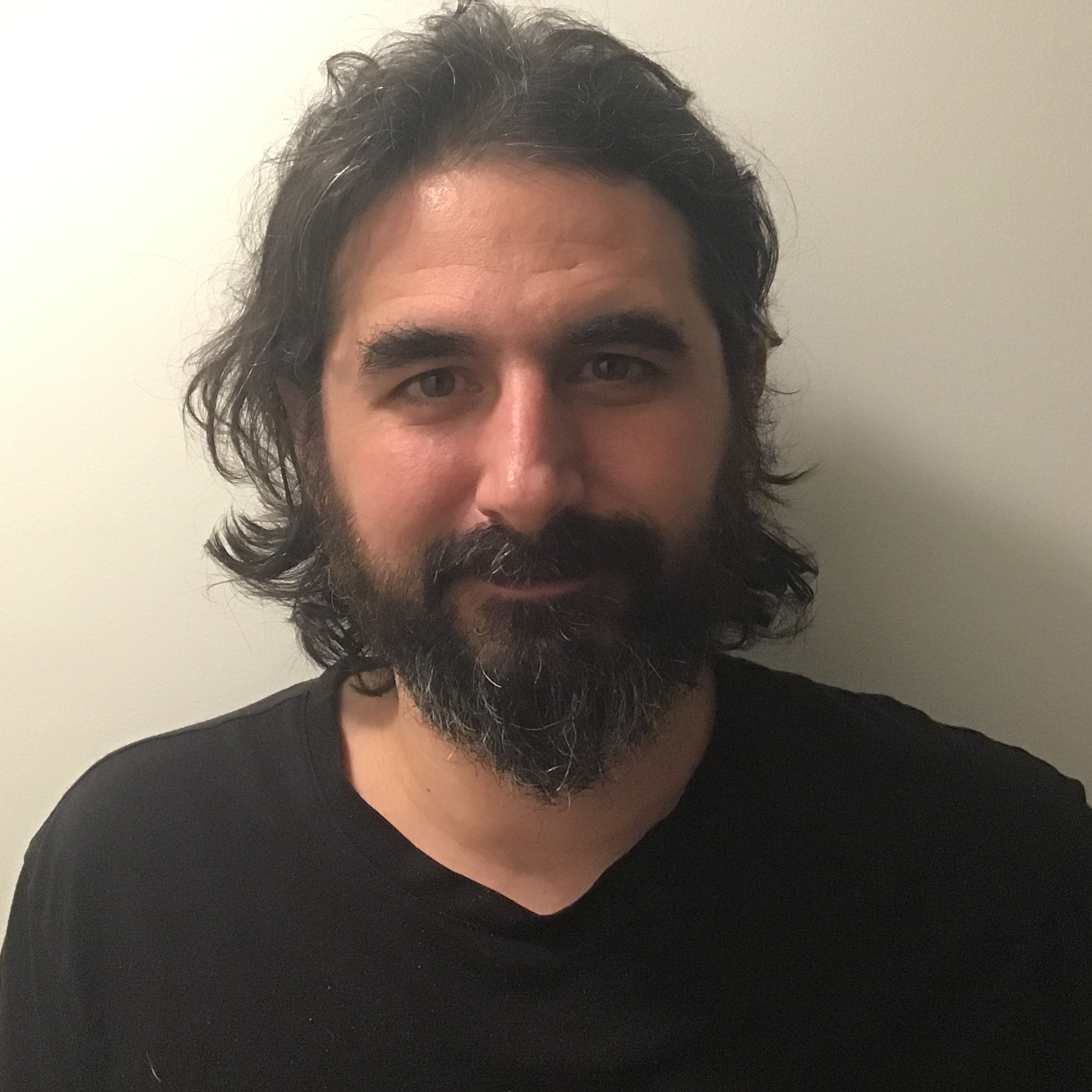
Assistant Professor
Worcester Polytechnic Institute
Brian Flynn
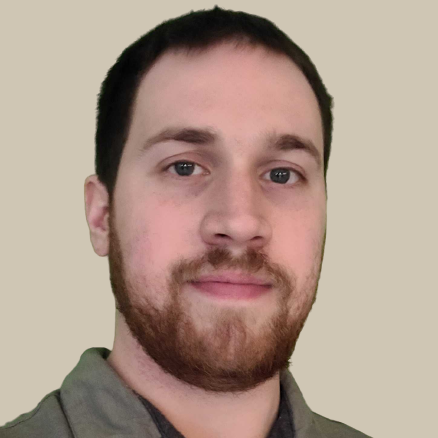
Robotics Engineer
University of Massachusetts Lowell
Educational CAD
During the past decade, many K-12 schools have established makerspaces with three dimensional (3D) printers, digital die cutters, and other fabrication tools. To facilitate effective use of school makerspaces, an open-source ecosystem is being developed to provide students and educators with curated, carefully reviewed Computer-Aided Design (CAD) models. The ecosystem will be structured around an existing open-source Educational CAD Model Repository.
Project team members participating in the POSE Training Program:
Glen Bull
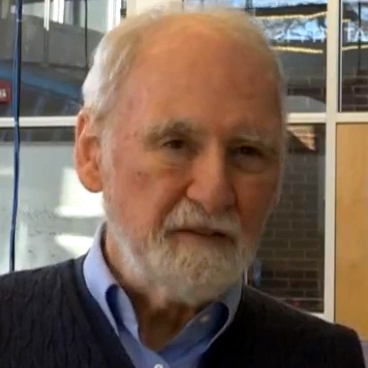
Professor / PI
University of Virginia
N. Rich Nguyen
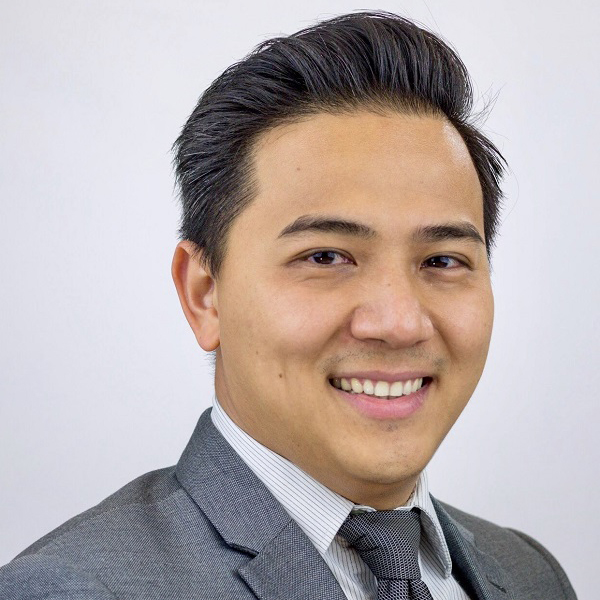
Assistant Professor
University of Virginia
Jo Watts
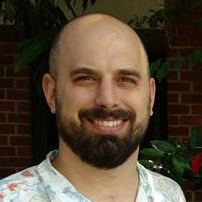
Lab Manager
University of Virginia
Exosphere
Exosphere empowers researchers to wield advanced cloud-based research tools without needing advanced systems administrator skills. The project’s novelties include: providing a user-friendly dashboard to manage cloud computing, networking, and data storage resources, and providing interactive access to these resources via web browser. Uniquely, Exosphere can provide access to most research-focused cloud systems without custom integration work.
Project team members participating in the POSE Training Program:
Chris Martin
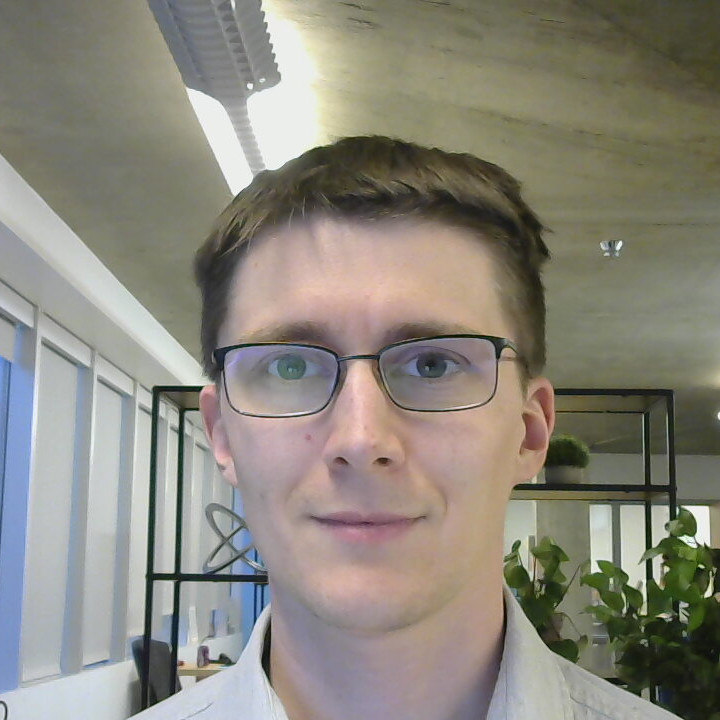
Systems Engineer, co-founding developer of Exosphere / PI
Indiana University
Julian Pistorius
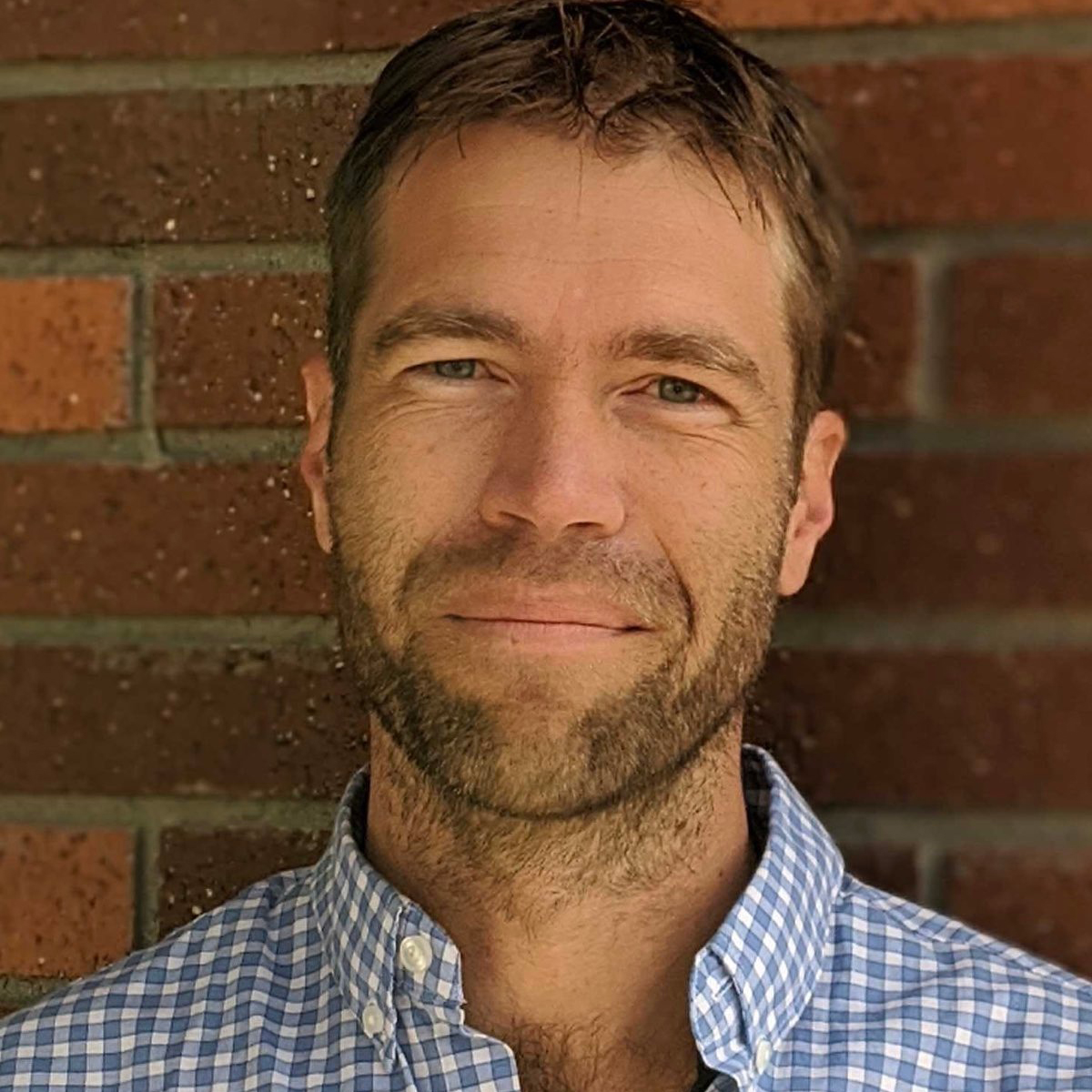
Software Engineer and Founder
CodeCove Solutions LLC
IN-CORE
Enhancing community resilience remains a national imperative, as reflected in recent financial investments in disaster-related science and technology at federal, state, and local levels. IN-CORE is an open-source, comprehensive environment that can model a community across its physical, social, and economic systems. Researchers will be able to examine undiscovered and indirect interdependencies, and use the system for validation and verification of new models and implementations. This OSE will also enable the analysis of “what if” scenarios, supporting long-term quantitative planning.
Project team members participating in the POSE Training Program:
John van de Lindt
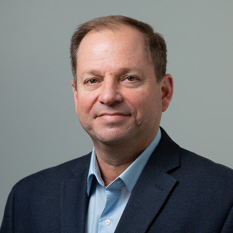
Professor / PI
Colorado State University, Center For Risk-Based Community Resilience Planning
Jong Lee
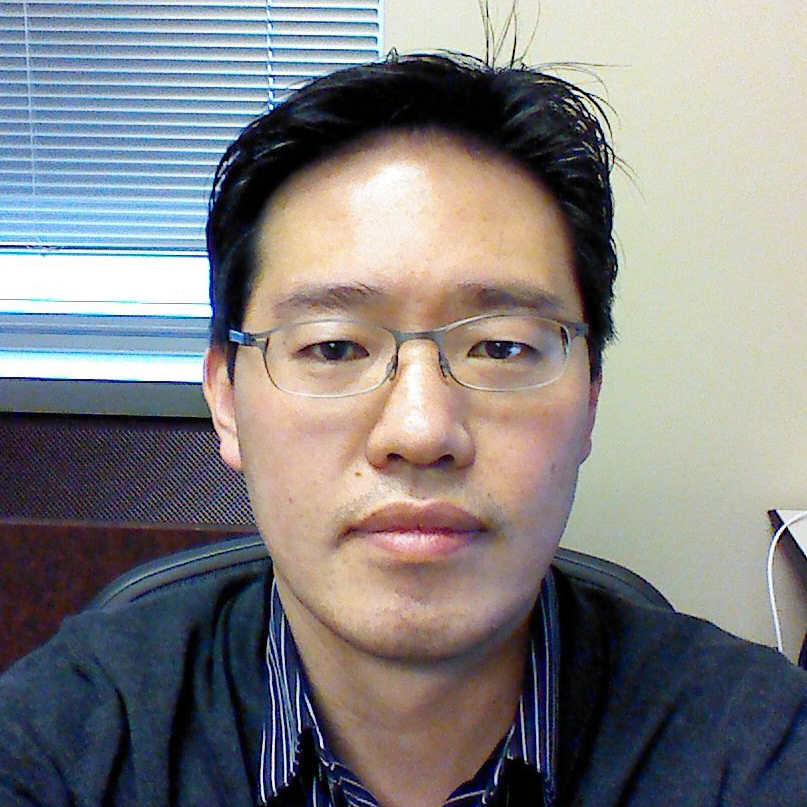
Deputy associate director / Co-PI
University of Illinois at Urbana-Champaign
Christopher Navarro
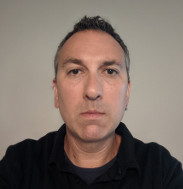
Lead Research Software Engineer
University of Illinois at Urbana-Champaign
OHDSI
Observational Health Data Sciences and Informatics (OHDSI) is multi-stakeholder, interdisciplinary, open-science collaborative to capitalize on the value of health data using large-scale analytics. OHDSI’s mission is to improve health by empowering a community to collaboratively generate the evidence that promotes better health decisions and care. OHDSI has developed methods to convert local proprietary electronic medical record data into a common format thereby allowing the ecosystem to share code (analysis) between organizations and aggregating only result data. The community has created a research network of 810 million patient records across 300+ sites in a common data format. The goal of this project is to mature the open source governance in the OHDSI ecosystem and create an “OHDSI Way.”
Project team members participating in the POSE Training Program:
Paul Nagy
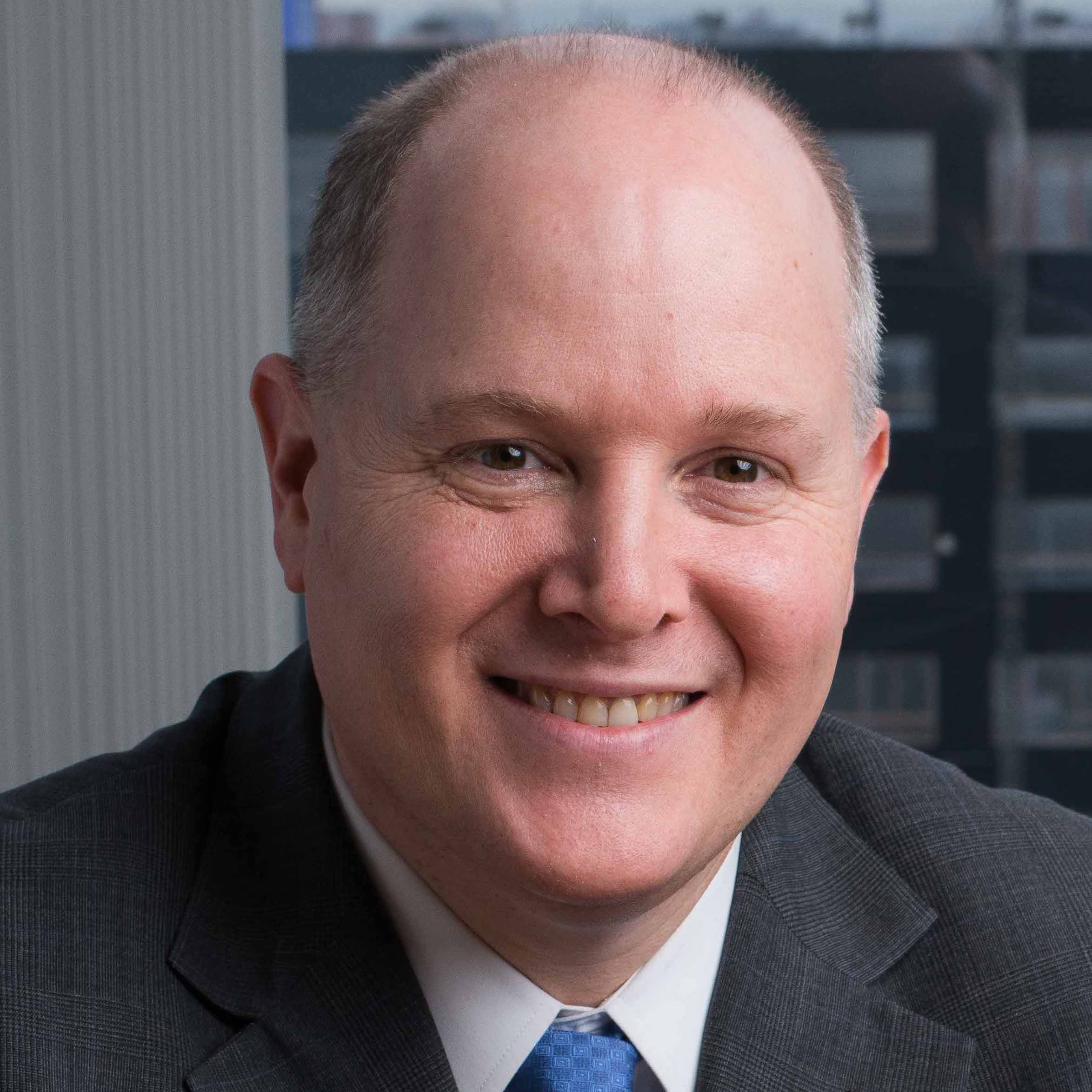
Associate Professor / PI
Johns Hopkins University
Adam Black
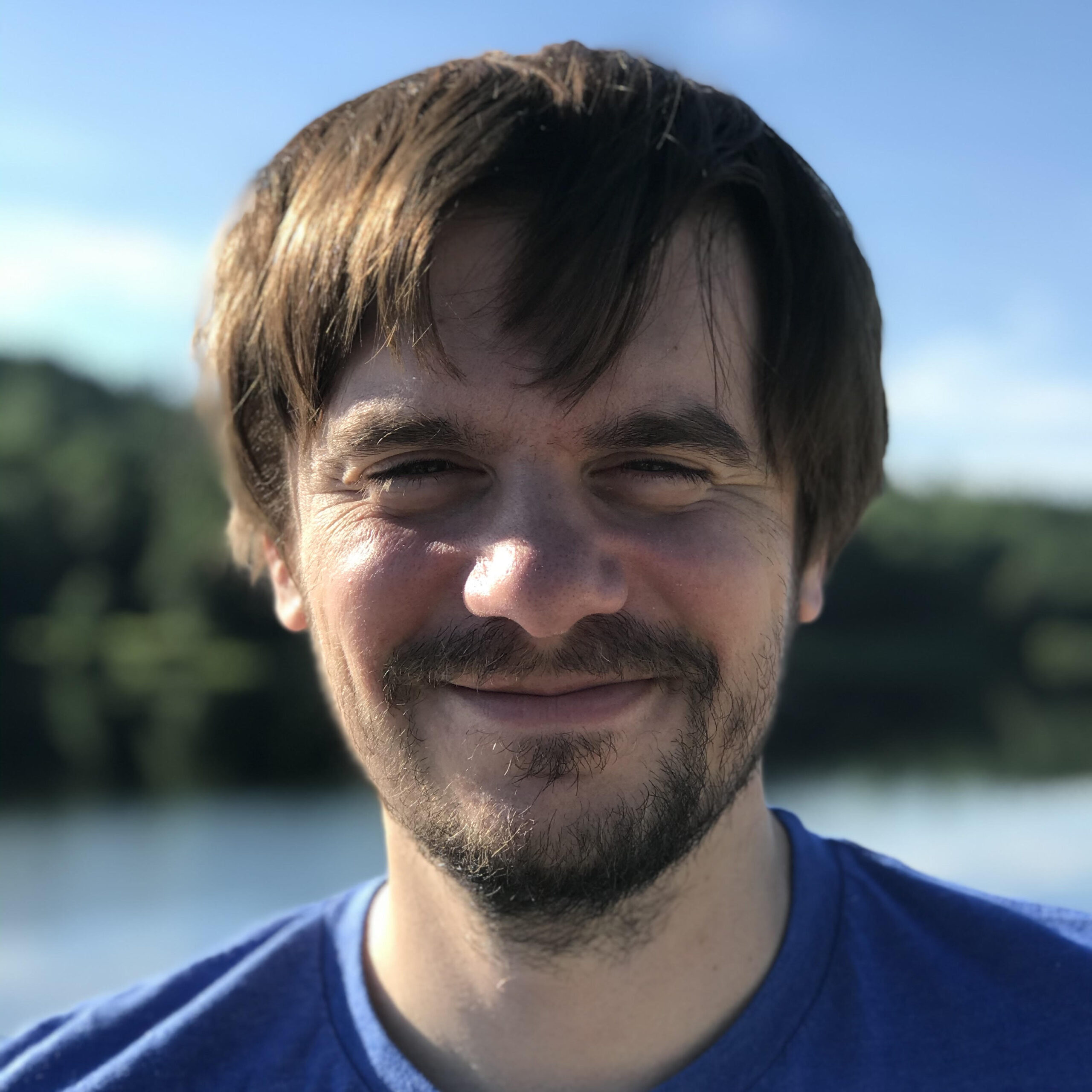
Data Scientist
Odysseus Data Services
Patrick Ryan
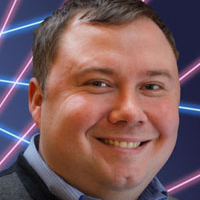
Collaborator
Columbia University, Johnson & Johnson
Andrew Williams
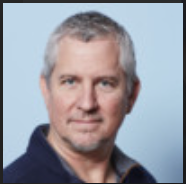
Director, Center for Advanced Healthcare Research Informatics
Tufts Medicine
Clark Evans
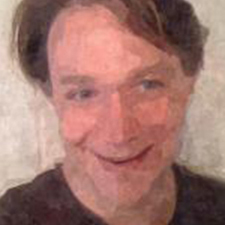
Contractor
Tufts Medicine
Open-Source Bionic Leg
The objective of this project is to develop an ecosystem for the Open-Source Bionic Leg system, which gives researchers access to a fully capable and standardized hardware platform. The Open-Source Leg system enables researchers to more easily study and compare different control strategies without the prohibitive cost of developing a robotic leg from scratch. The work may impact the lives of those with disabilities through the advancement of next-generation robotic leg prostheses.
Project team members participating in the POSE Training Program:
Elliott Rouse
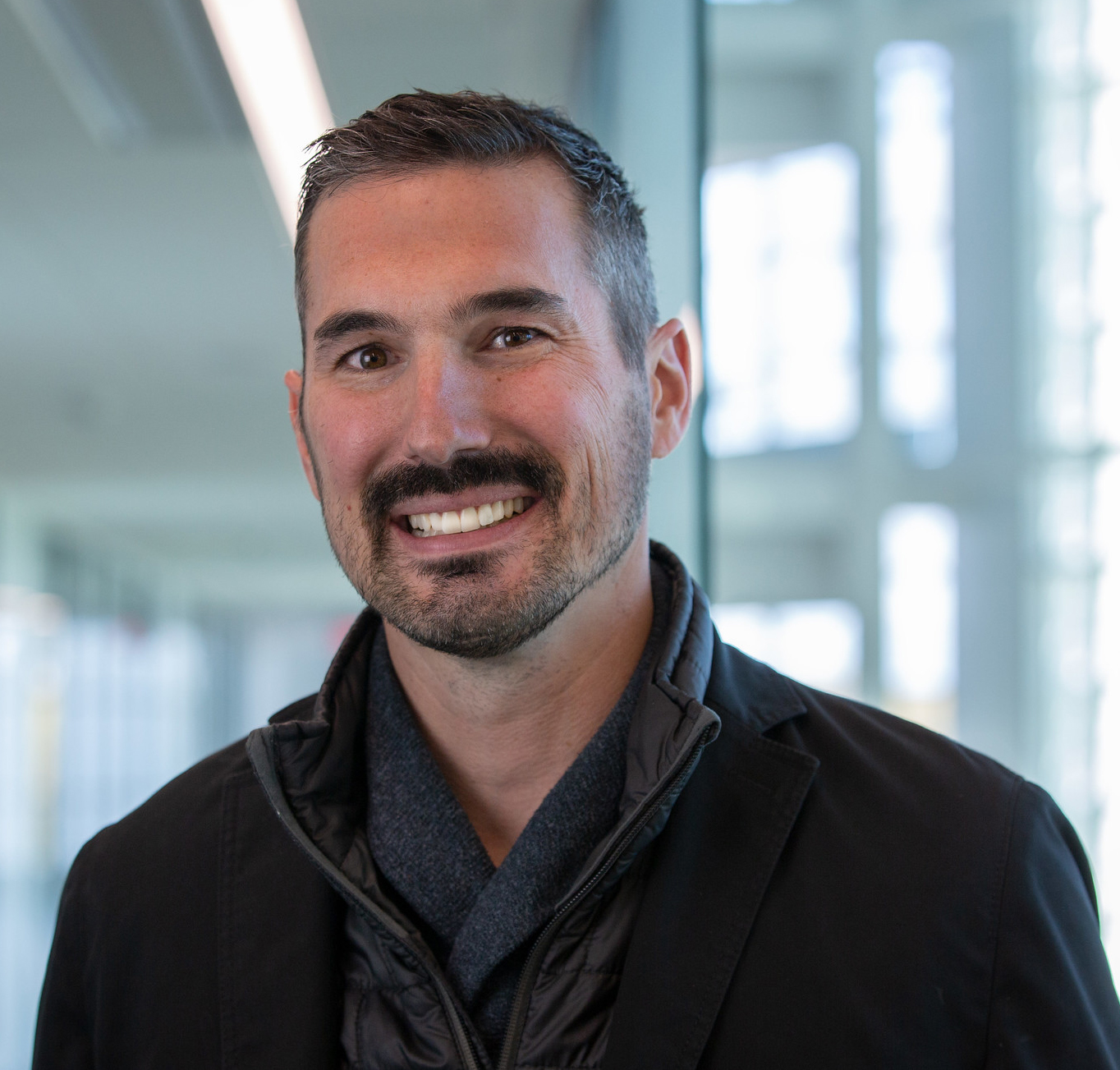
Associate Professor / PI
University of Michigan
Senthur Raj Ayyappan
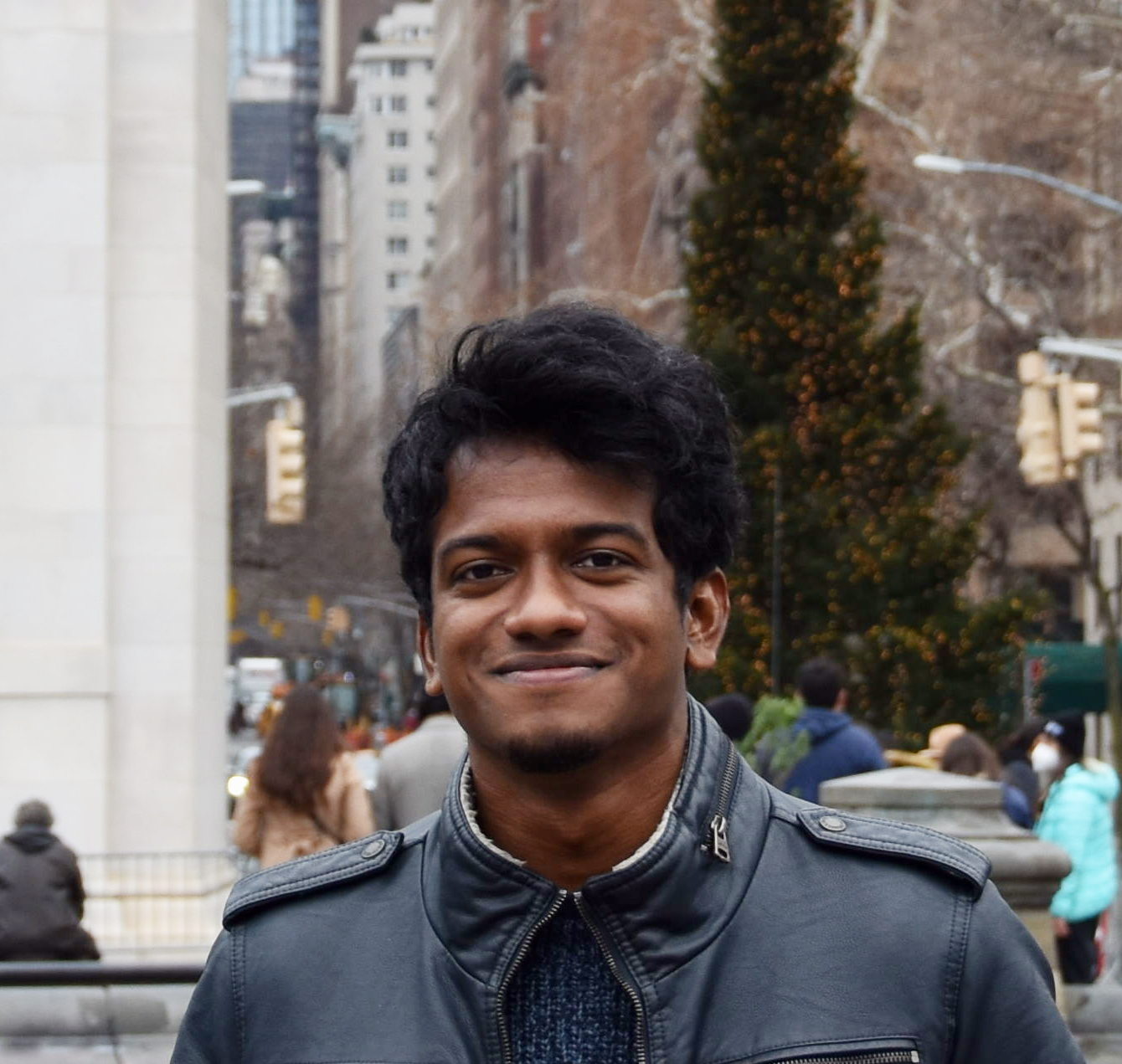
Research Engineer / Project Lead
University of Michigan
Open-Source Hardware for Laboratory Automation
Scientific experiments are highly varied and require deep domain expertise and specialized equipment. While laboratory automation can increase the precision and efficiency of science experiments, a one-size-fits-all solution does not necessarily exist for science experiments. This project will bring together a community of scientists developing and using open-source hardware for laboratory automation to collaborate on ways of sharing, vetting, and maintaining open-source hardware for science and engineering research.
Project team members participating in the POSE Training Program:
Nadya Peek
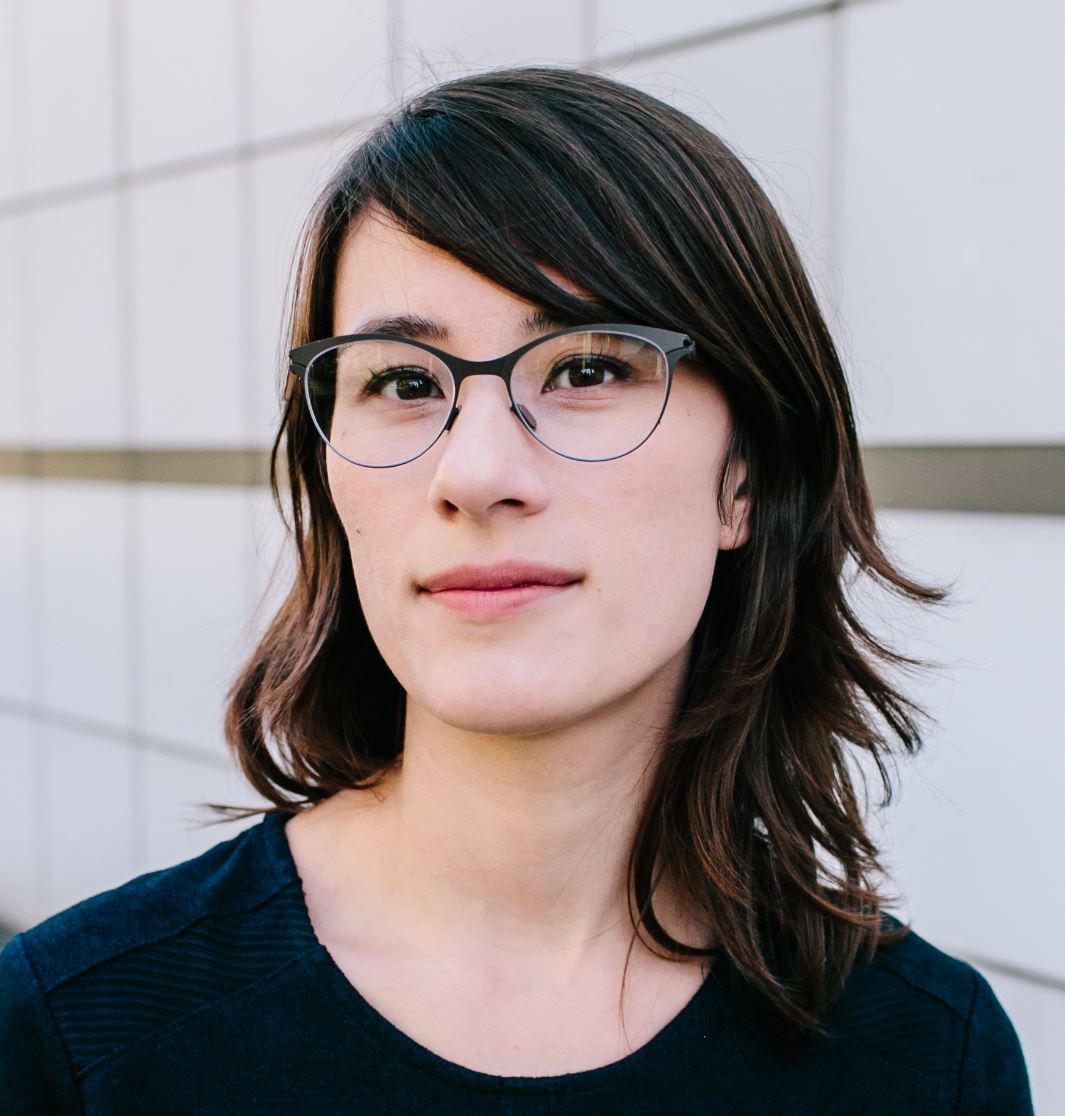
Assistant Professor / PI
University of Washington
Lilo Pozzo
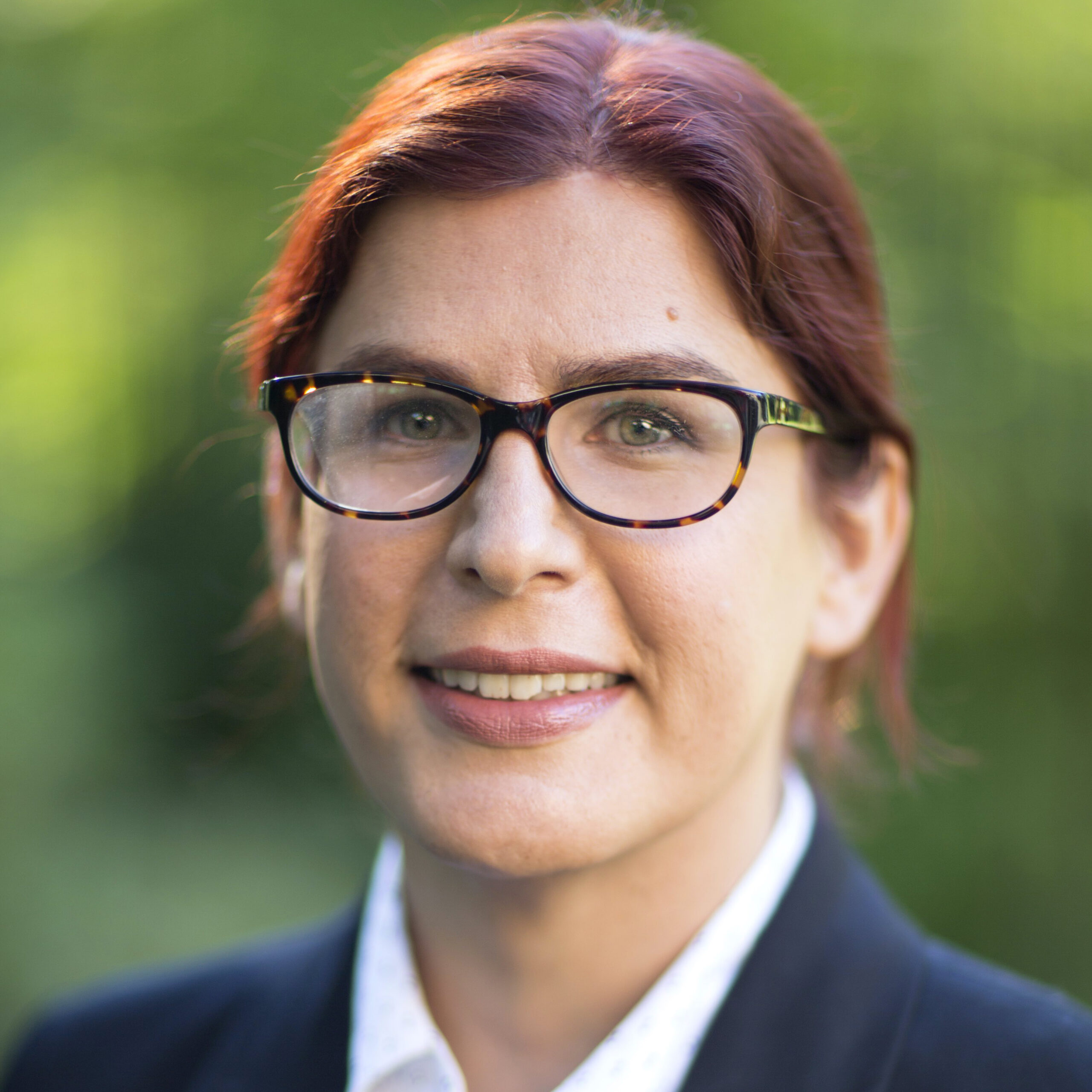
Professor / Co-PI
University of Washington
OpenCilk
The goal of this project is to scope an open-source ecosystem (OSE) for OpenCilk, a new task-parallel, fully open-source platform for programming multicore computers, the dominant architecture for computing today. OpenCilk is a key technology for multicore performance engineering – developing fast code for applications that run on commodity and cloud multicore computers – giving application developers a powerful alternative source for performance. This OSE project is experimenting with strategies for outbound, inbound, and peer networking to identify and engage potential OpenCilk users and contributors in academia.
Project team members participating in the POSE Training Program:
Charles Leiserson
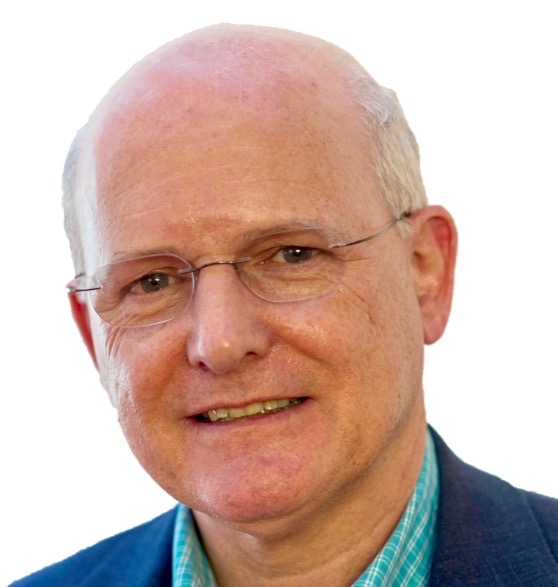
Professor, OpenCilk Executive Director / PI
MIT
Dorothy Curtis
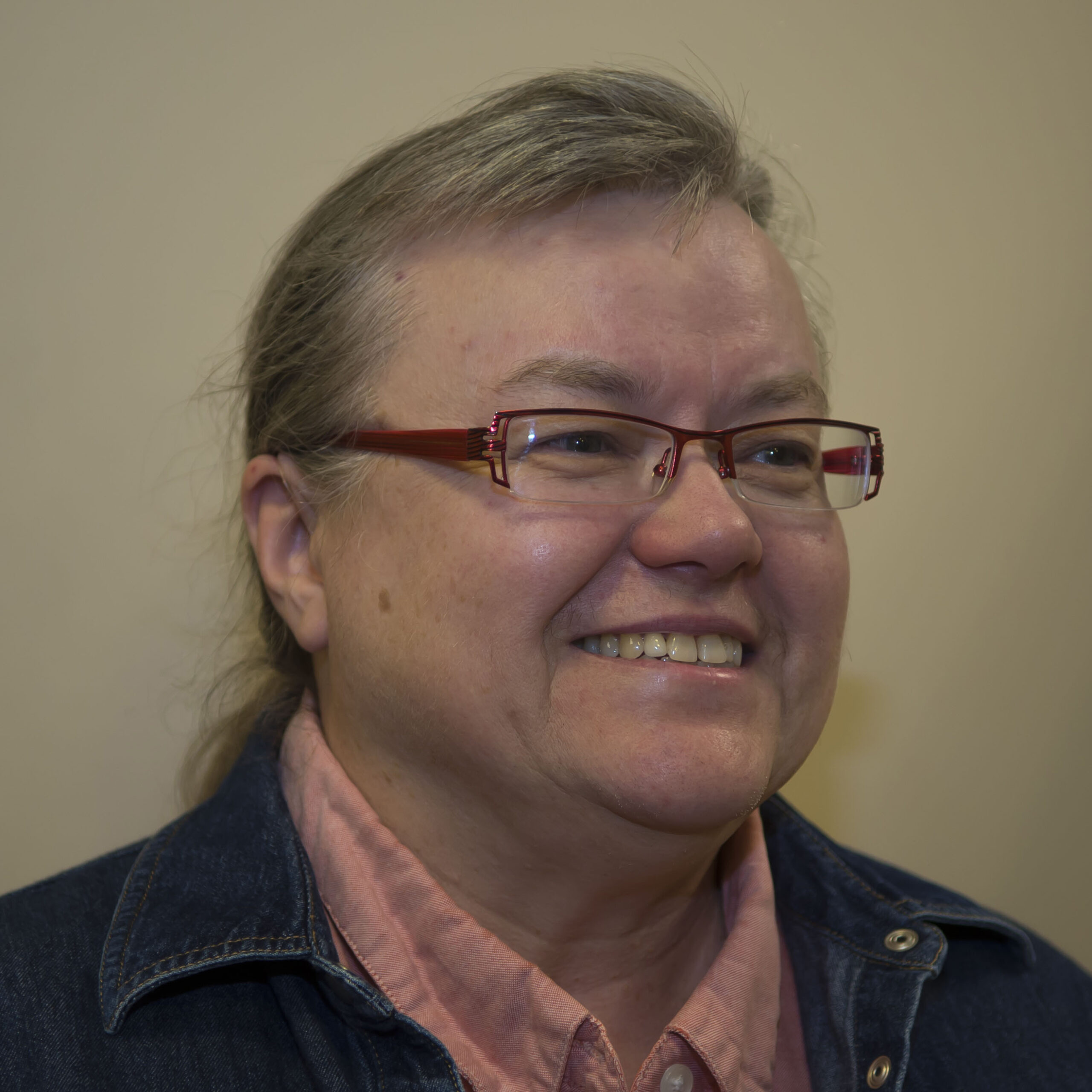
Project Manager / Research Scientist
MIT
Bruce Hoppe
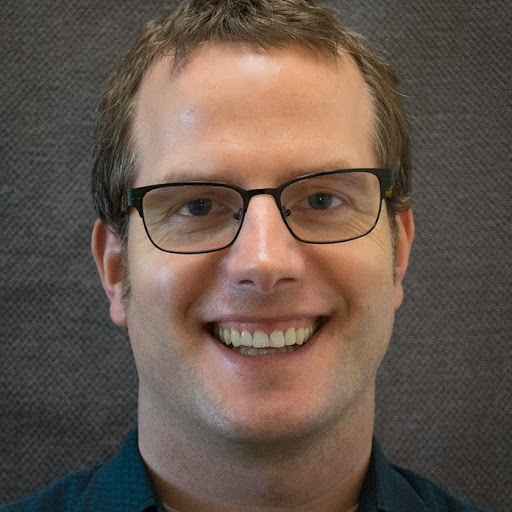
OpenCilk Outreach Coordinator
MIT
John Owens
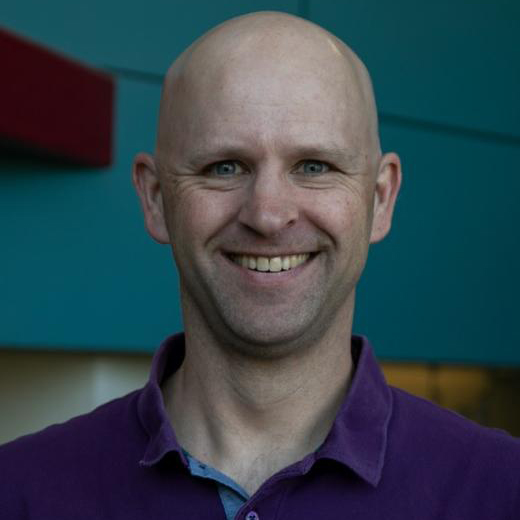
Professor
UC Davis
OPERA
Rural broadband is important for the rural economy and quality of life, yet 39% of the rural US lacks broadband access, and most agriculture farms are not connected at all. The OPen-source Ecosystem for bRoadband prAirie (OPERA) will enable researchers to transform their rural broadband research experiments into open-source software, data, and hardware designs that can be integrated with open-source platforms to generate rural-focused broadband solutions. The project is expected to not only enable rural-focused broadband technology innovation today but also empower rural regions to become active participants in continuous broadband innovation in the long term.
Project team members participating in the POSE Training Program:
Hongwei Zhang
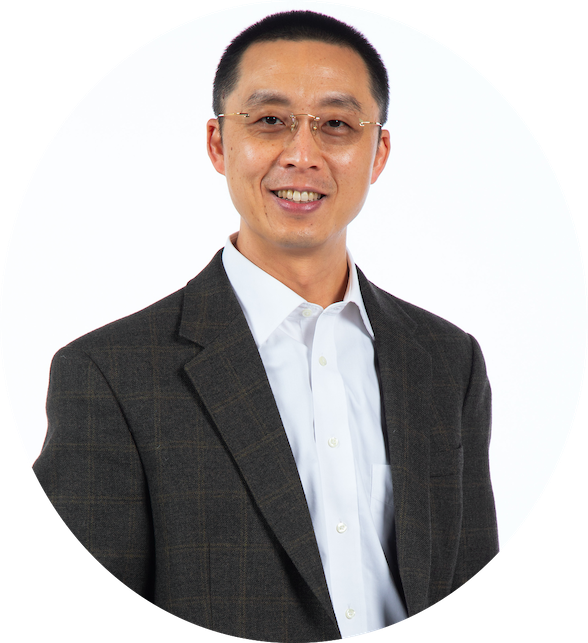
Professor / PI
Iowa State University
Marie-Jose Montpetit
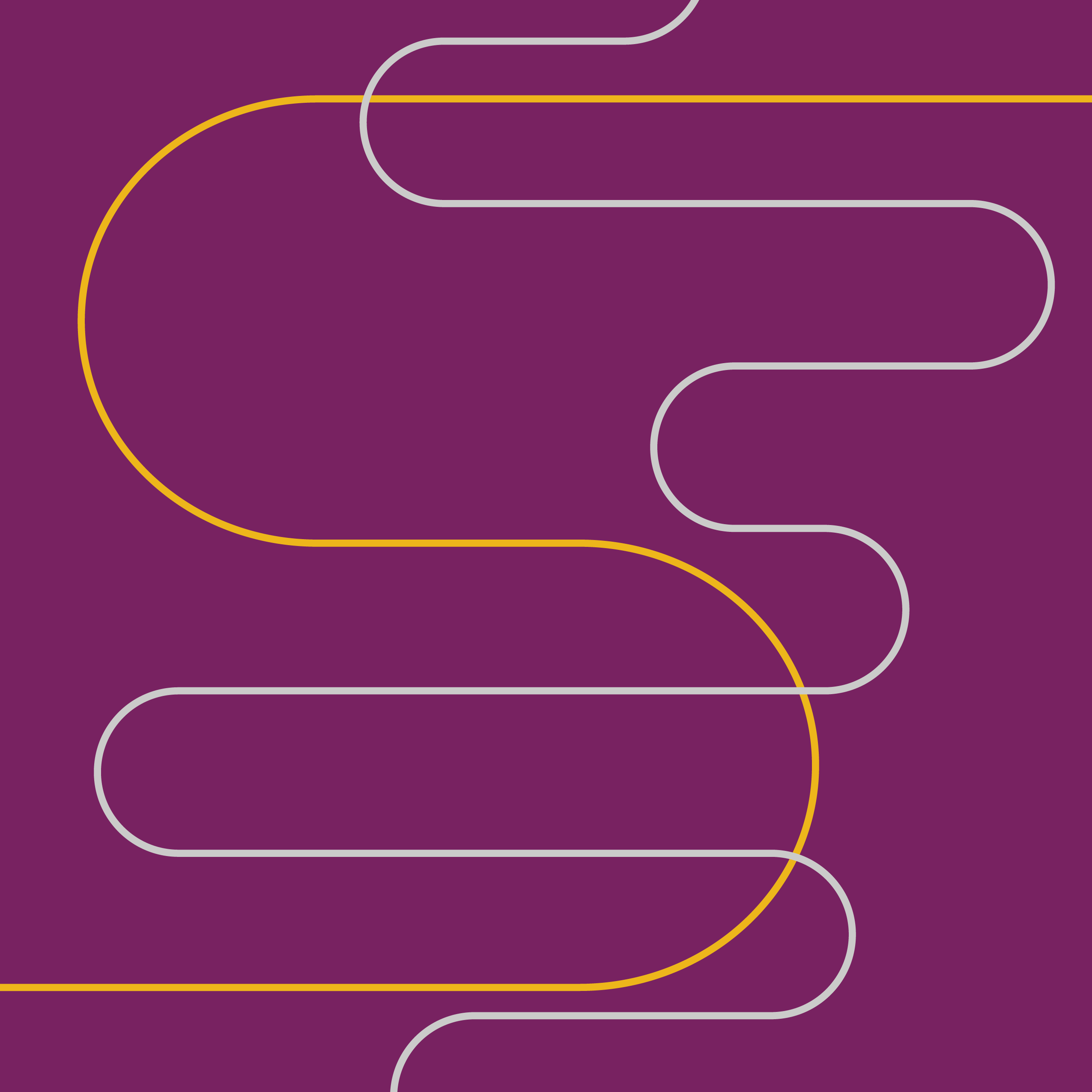
Academic Consultant
Iowa State University
Ali Hussain

Iowa State University
Myra Cohen

Professor
Iowa State University
OSEMatS
OSEMatS aims to enable the growth of existing open-source materials research tools into a sustainable and robust Open-Source Ecosystem (OSE) that will have broad and lasting scientific and societal impacts. OSEMatS stems from the team’s nonprofit Materials Genome Foundation (MGF), and builds on existing open-source tools available on GitHub (including PyCalphad and ESPEI). The long-term vision of OSEMatS seeks to promote the computational thermodynamics library PyCalphad as a foundational component of scientific computing within materials science, supporting a robust portfolio of associated software projects and user cases to enable the integrated computational-experimental fundamental research and data-driven discovery and inverse-design of materials with emergent functionalities.
Project team members participating in the POSE Training Program:
Zi-Kui Liu
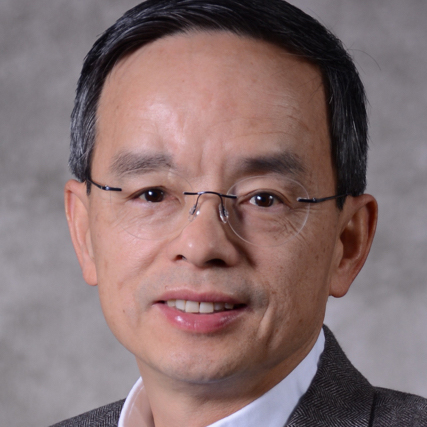
PI
Pennsylvania State University
Richard Otis

Managing Director
Materials Genome Foundation
PhET MVC
The PhET (Physics Education Technology) Model-View-Controller (MVC) Framework codebase has been used to create a suite of interactive simulations used around the world for teaching and learning science and math topics. This project will examine the potential for building an open-source ecosystem around the PhET MVC Framework. The project’s impacts will include an amplification of the awareness and use of accessibility features for educational media, potentially leading to greater inclusion of people with disabilities in educational contexts and beyond.
Project team members participating in the POSE Training Program:
Emily Moore
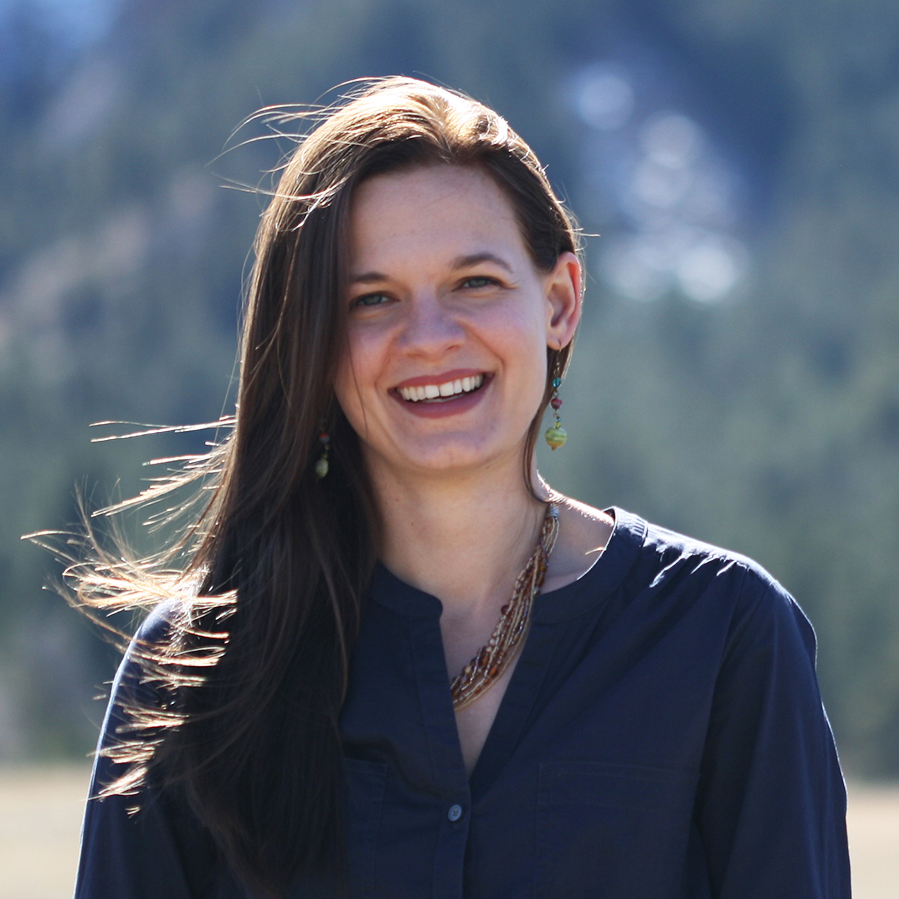
Research Faculty / PI
University of Colorado Boulder
Brett Fiedler
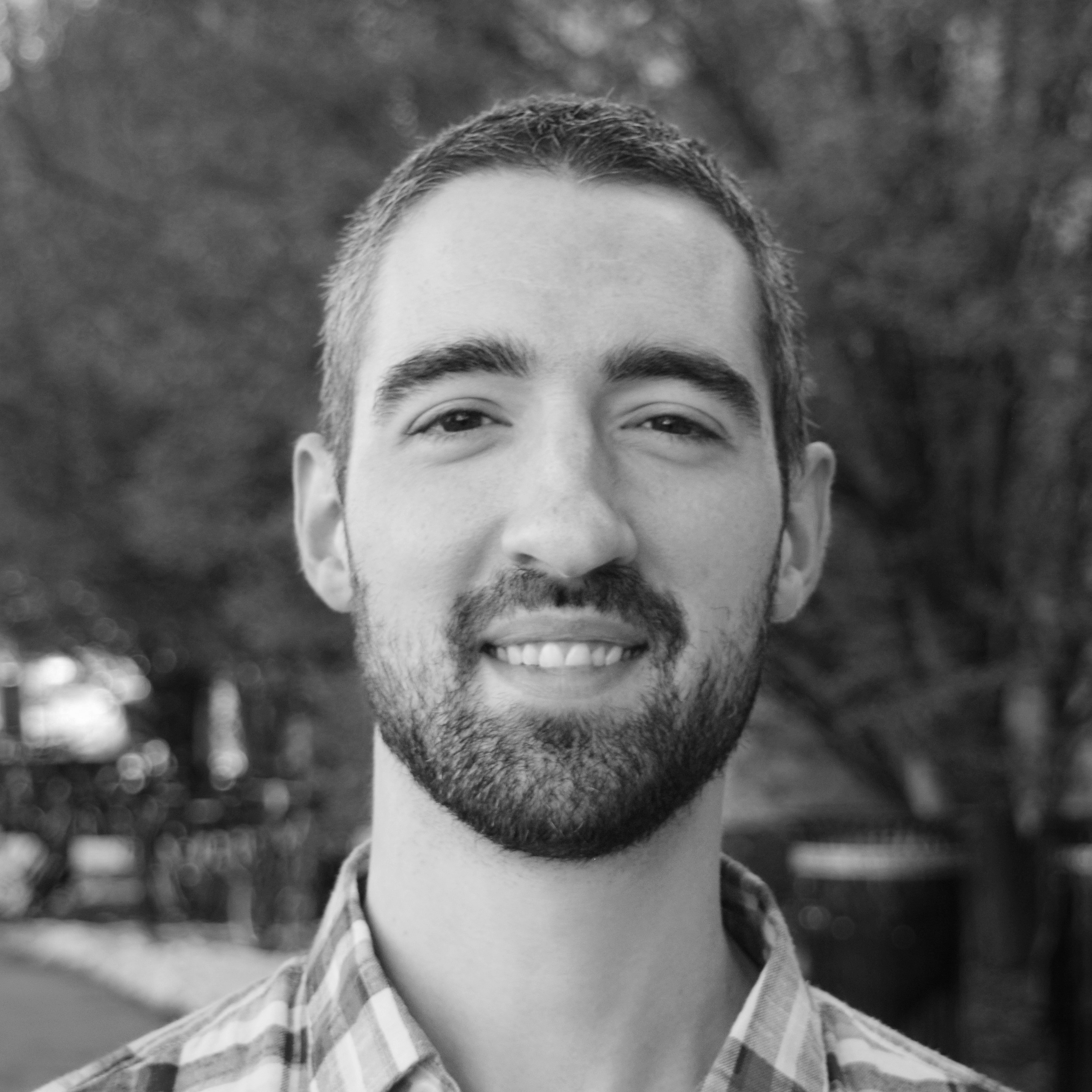
Research Associate
University of Colorado Boulder
Kathy Perkins

Director
University of Colorado Boulder
PreTeXt Runestone
This project scopes the creation of an Open-Source Ecosystem (OSE) consisting of two existing open-source products: PreTeXt for authoring scholarly documents and textbooks suitable for all areas of STEM, and the Runestone learning engineering and analytics portal for publishing OER textbooks that support both instruction and education research in K-12 and higher education. The long-term societal impacts of this OSE are open-source textbooks that are made freely available to the nation’s STEM classrooms through the Open-Source Ecosystem’s support of instructors, authors, and researchers. PreTeXt-authored works can be converted into HTML, print, and braille formats, enabling the resulting Open Educational Resources to be accessible to a wide range of learners at no cost, an equitable approach to ensuring that all students have the same access to education.
Project team members participating in the POSE Training Program:
Steven Clontz
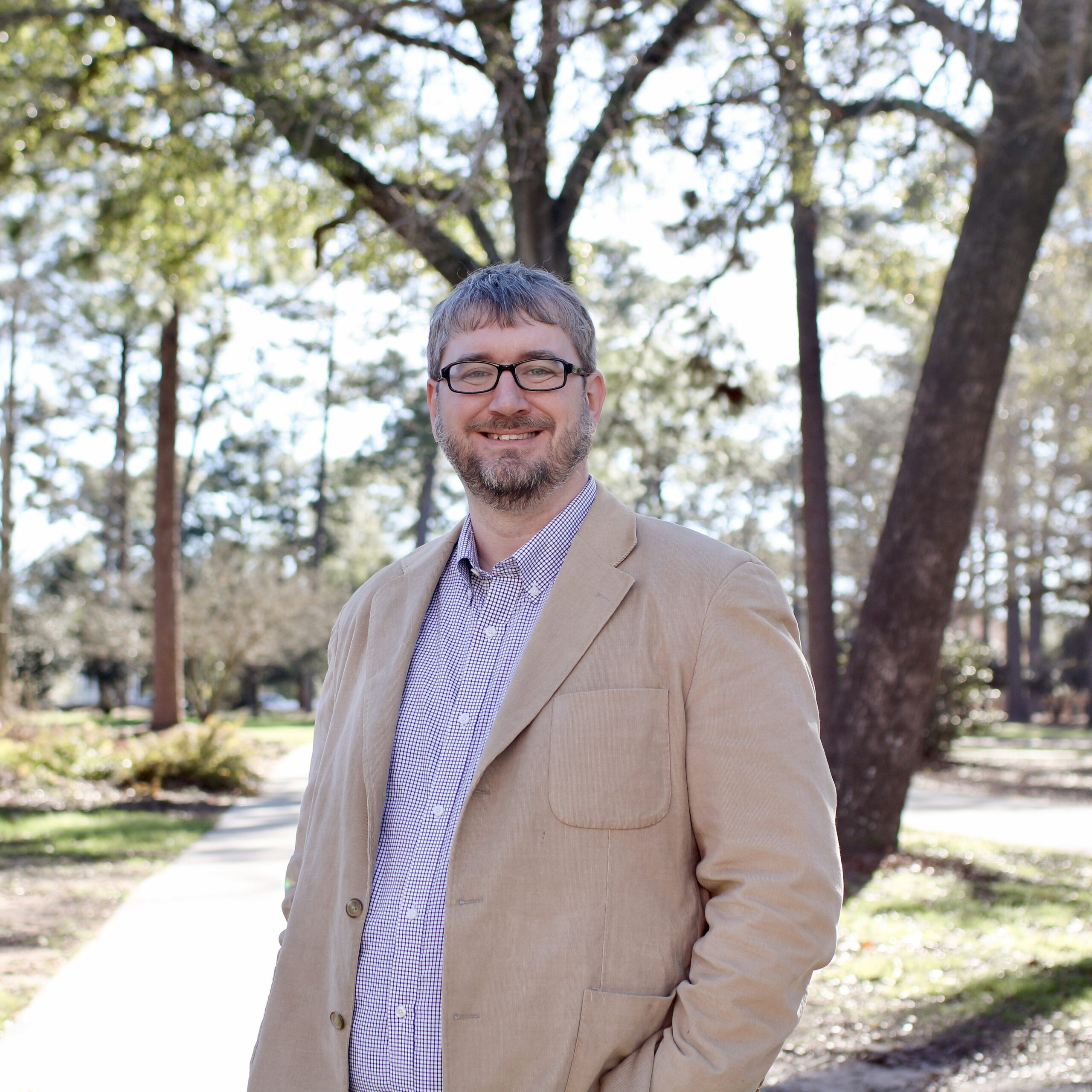
Contributing Developer / PI
University of South Alabama
Rob Beezer
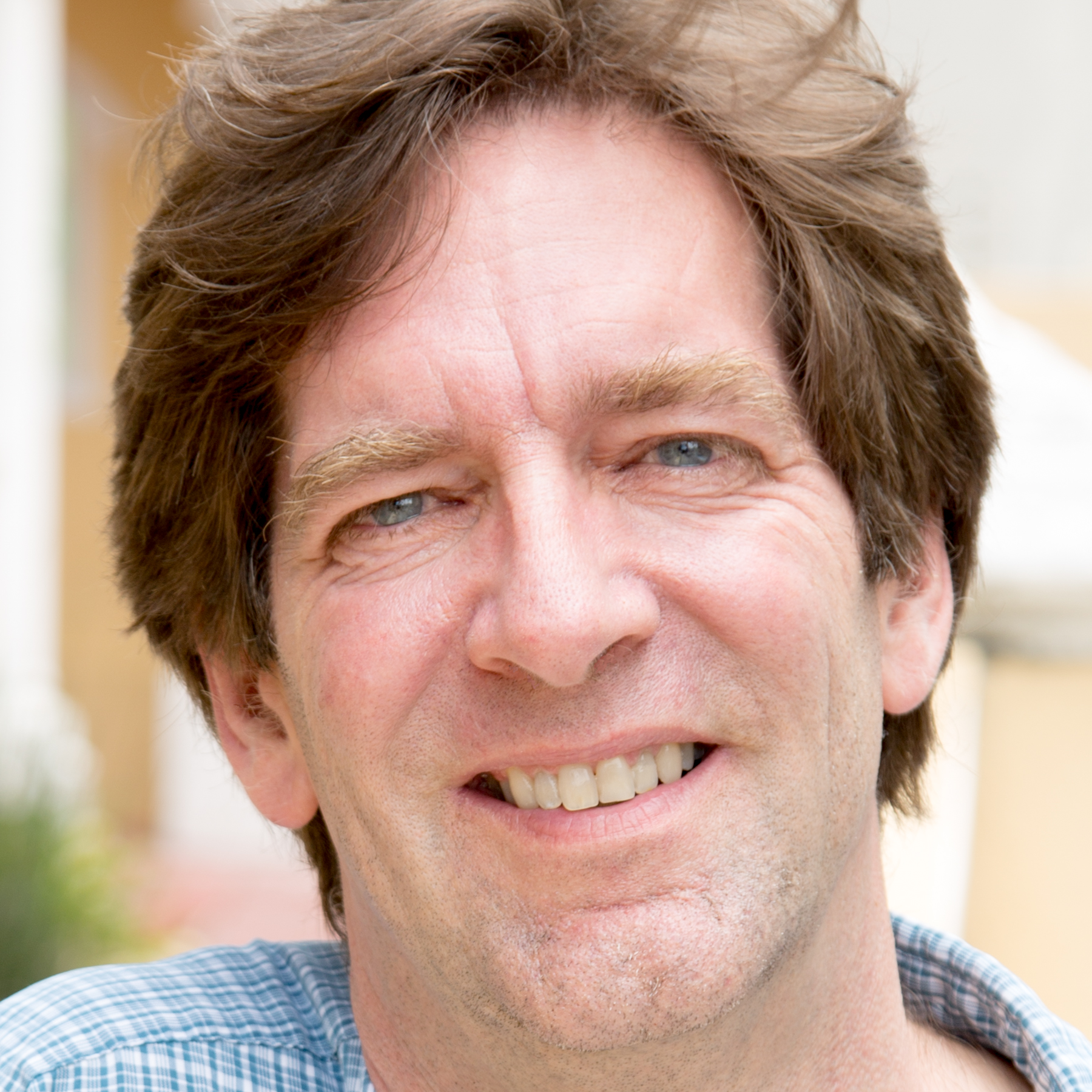
Professor Emeritus
University of Puget Sound
Brad Miller
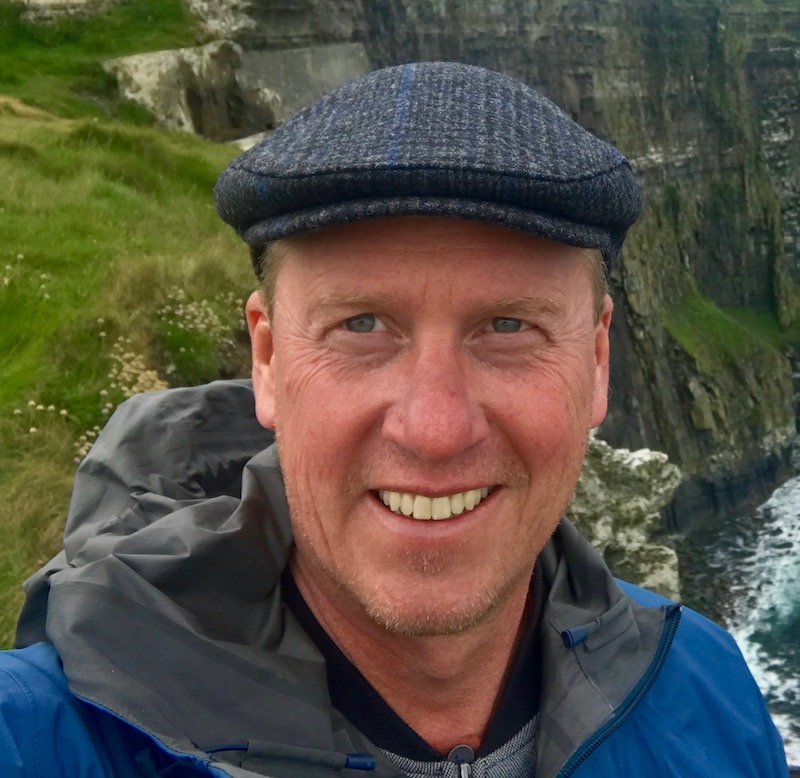
Founder
Runestone Academy
Renewable Energy
The past decade has been characterized by a momentous shift in the energy landscape, with over $2.6 trillion invested in the exponential growth of renewable energy (RE). The main mission of this research project is to increase consumer adoption and support academic teaching and research in the RE space. The project will provide consumers, researchers, and educators with intuitive, easy to operate open-source software and hardware to control, connect, and modify RE systems, along with access to large open data sets to analyze variables that affect various solutions.
Project team members participating in the POSE Training Program:
Ben Reid
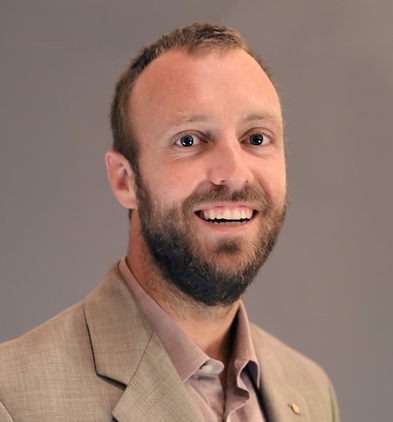
Director / Co-PI
Impact Allies
Rosetta
The Rosetta community has led the field of protein and RNA modeling and design for the last two decades, with modeling and design software enabling high-impact scientific advances as well as the creation of a highly-trained workforce. With the emergence of powerful machine learning methods, and the recent entry of several computationally designed proteins into clinical trials, the Rosetta community needs to reimagine their practices to enable continued leadership and innovation. The goals of this project include defining an organizational structure capable of rapid and informed decision-making, empowering community members and leaders in a “do-ocracy” such that scientific discovery, code development, and community engagement are all equally incentivized, and to identify long-term funding and social engagement strategies that expand the user base.
Project team members participating in the POSE Training Program:
Julia Koehler Leman

Project Leader
Flatiron Institute, Simons Foundation
Ashley Vater
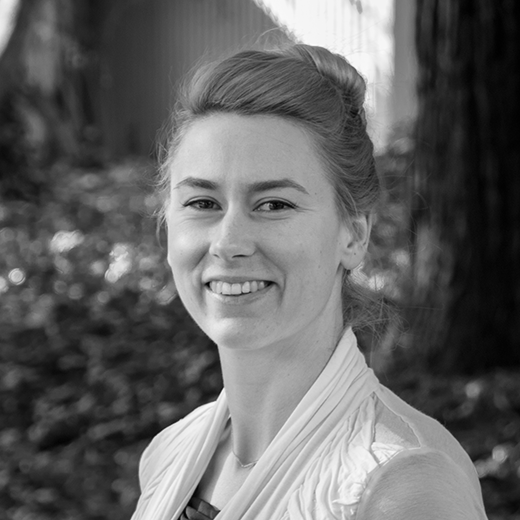
Project Coordination
UC Davis
Skyhook
Skyhook aims to become a research prototyping ecosystem and a blueprint for efficiently embedding data-processing libraries in storage systems and computational storage devices while enabling processing and storage ecosystems to evolve independently. The project will coordinate a series of workshops convening open-source experts and community leaders with diverse backgrounds to build expertise for open tech transfer within the university. An important focus in these workshops is the ability to foster a diverse community and encourage participation from historically excluded communities. The project seeks to impact the adoption of Skyhook technology for reproducible research prototyping, as a teaching tool in classrooms, and for the establishment of open source as a viable translation path of technologies for research universities.
Project team members participating in the POSE Training Program:
Carlos Maltzahn
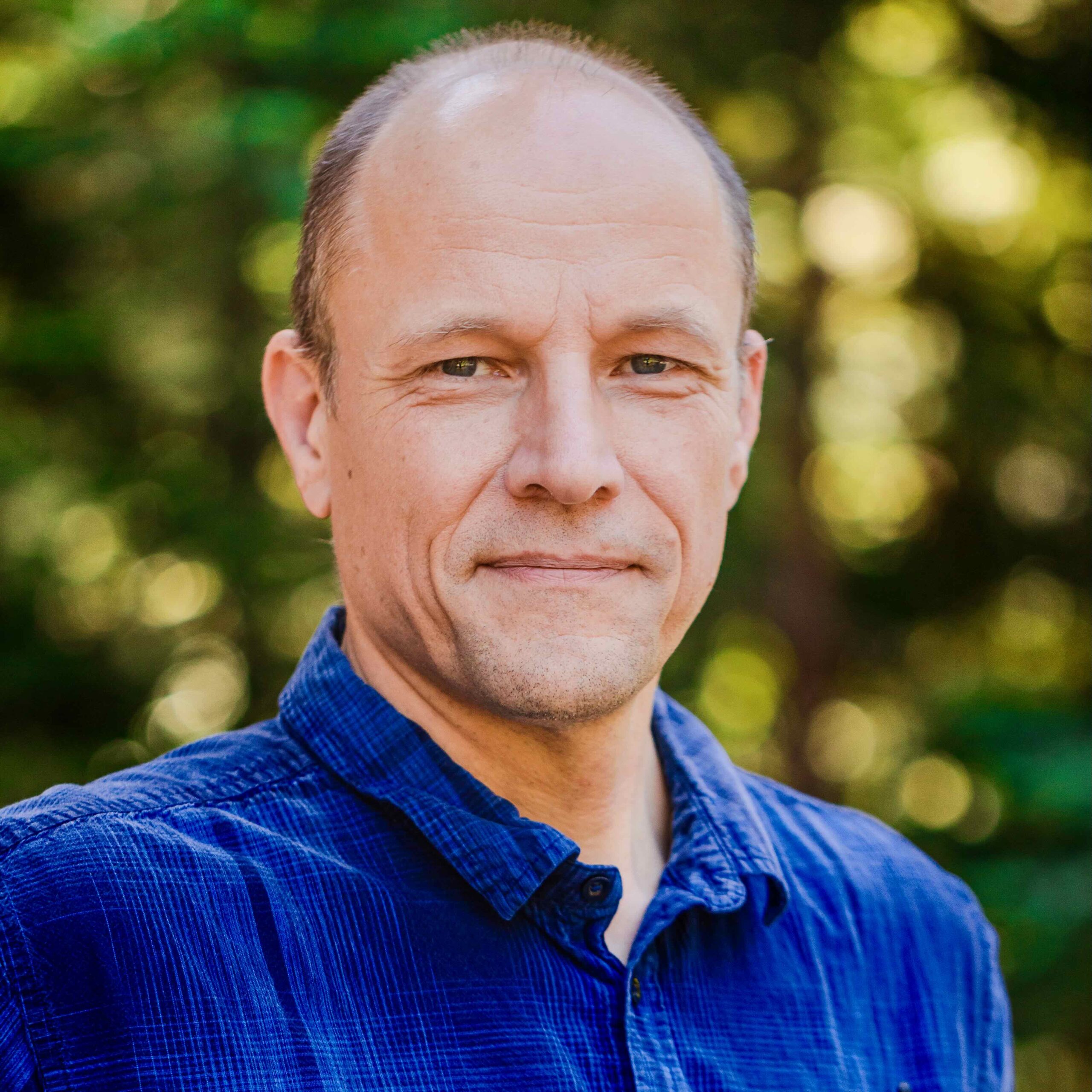
Adjunct Professor and Founder / PI
UC Santa Cruz
Oskar Elek
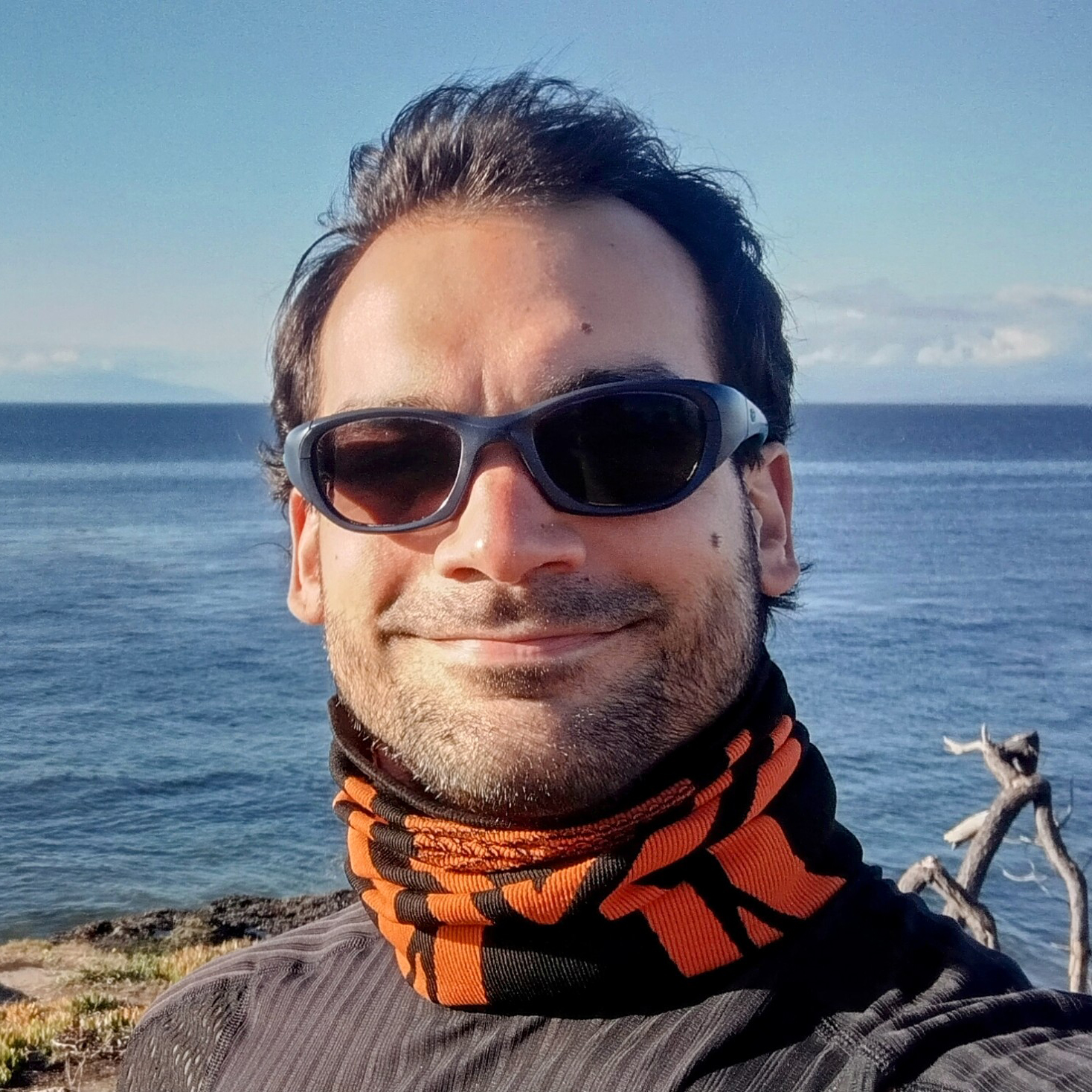
Postdoctoral Incubator Fellow, Founder and Lead Developer
UC Santa Cruz
Stephanie Lieggi
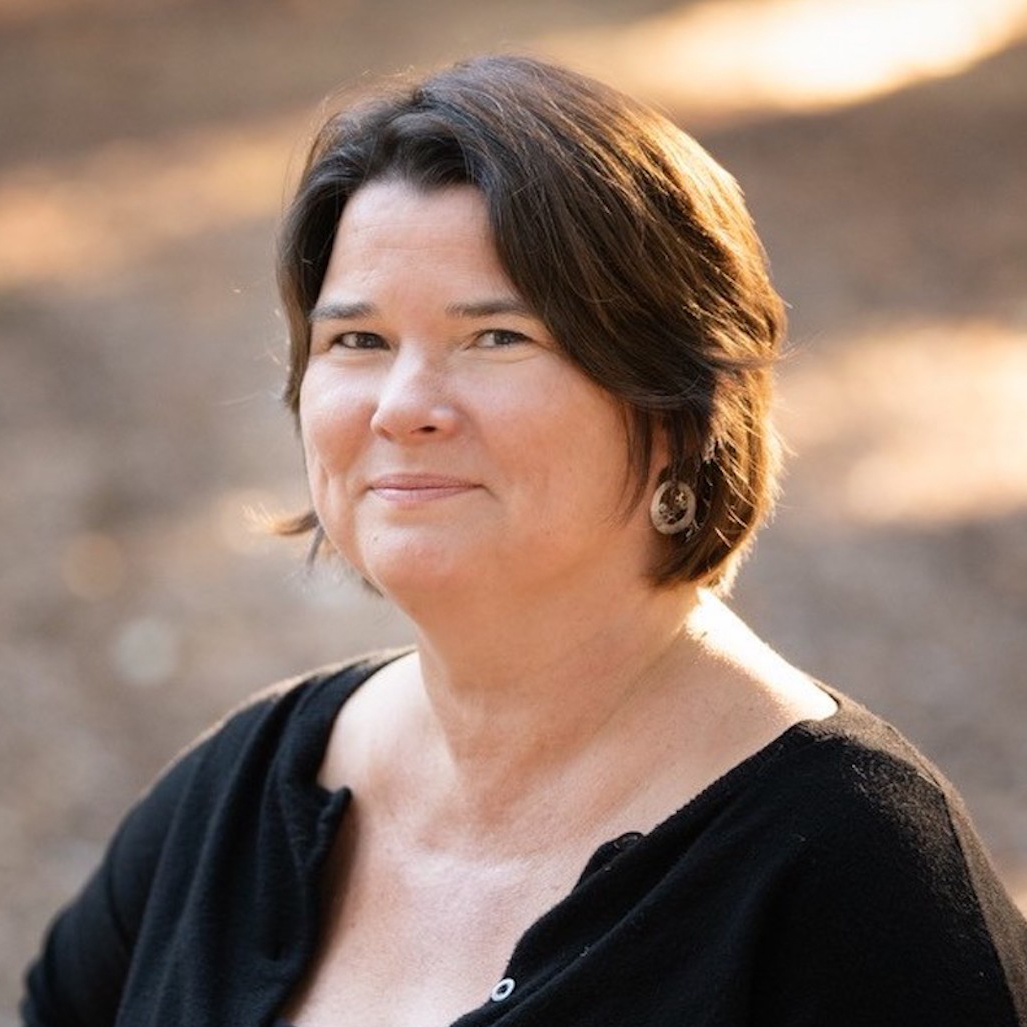
Executive Director
UC Santa Cruz
Emily Lovell
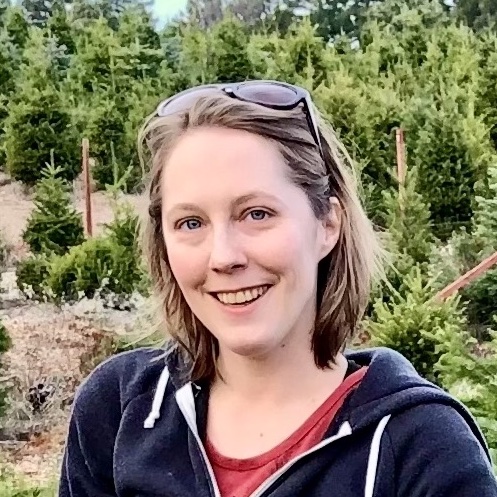
OSPO Incubator Fellow
UC Santa Cruz
Social Science at Scale with Pushkin
Citizen science is increasingly popular as a means to generate large data sets and involve large swathes of the public in scientific research. Data collected from a single large citizen science study can answer questions that would normally need hundreds or thousands of small laboratory experiments, with volunteers participating from around the world using their own smartphones, wearables, and computers. This project involves building a community of professional and amateur researchers who use and build upon an open-source software platform for designing and running citizen science projects.
Project team members participating in the POSE Training Program:
Joshua Hartshorne
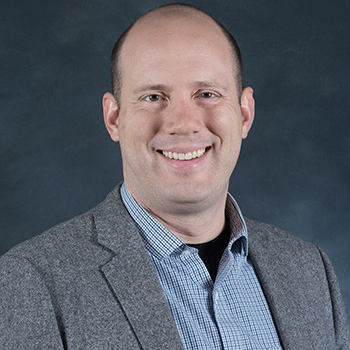
Assistant Professor / PI
Boston College
Jesse Storbeck
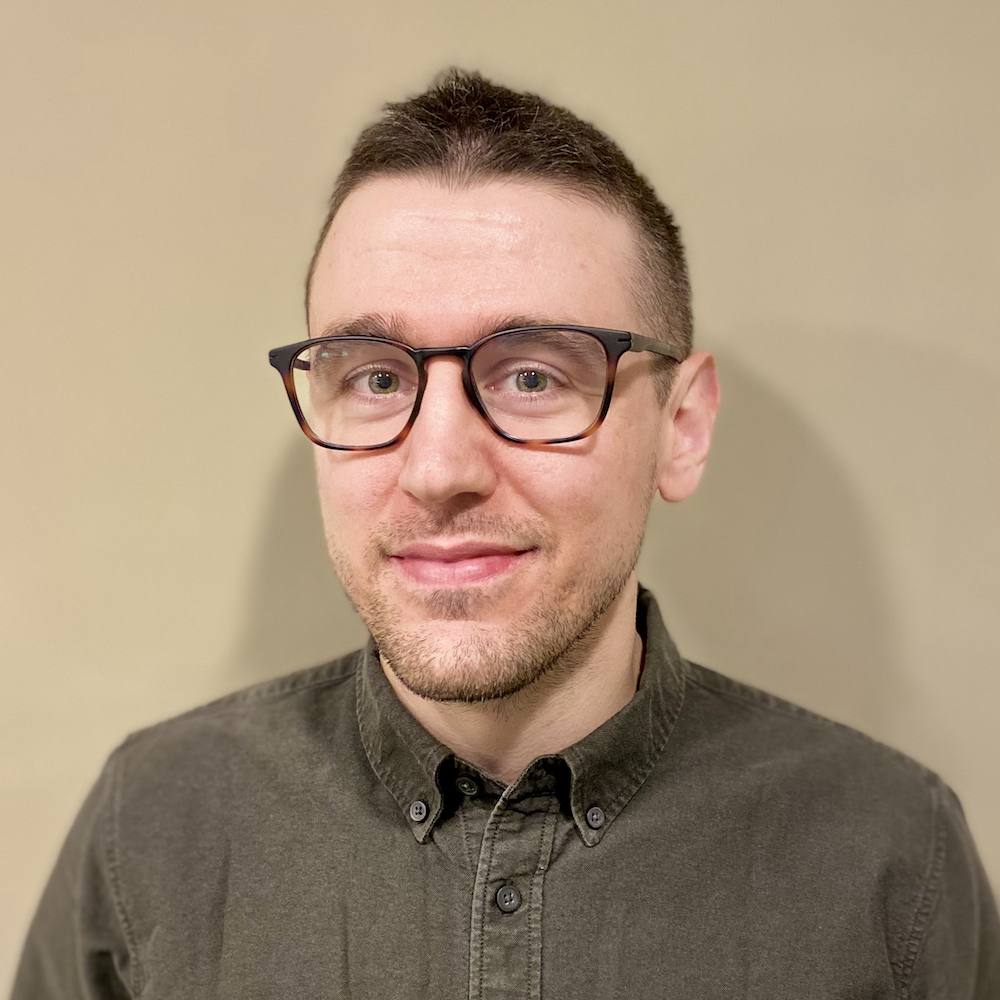
Postdoctoral Research Fellow
Boston College
Hao Zeng
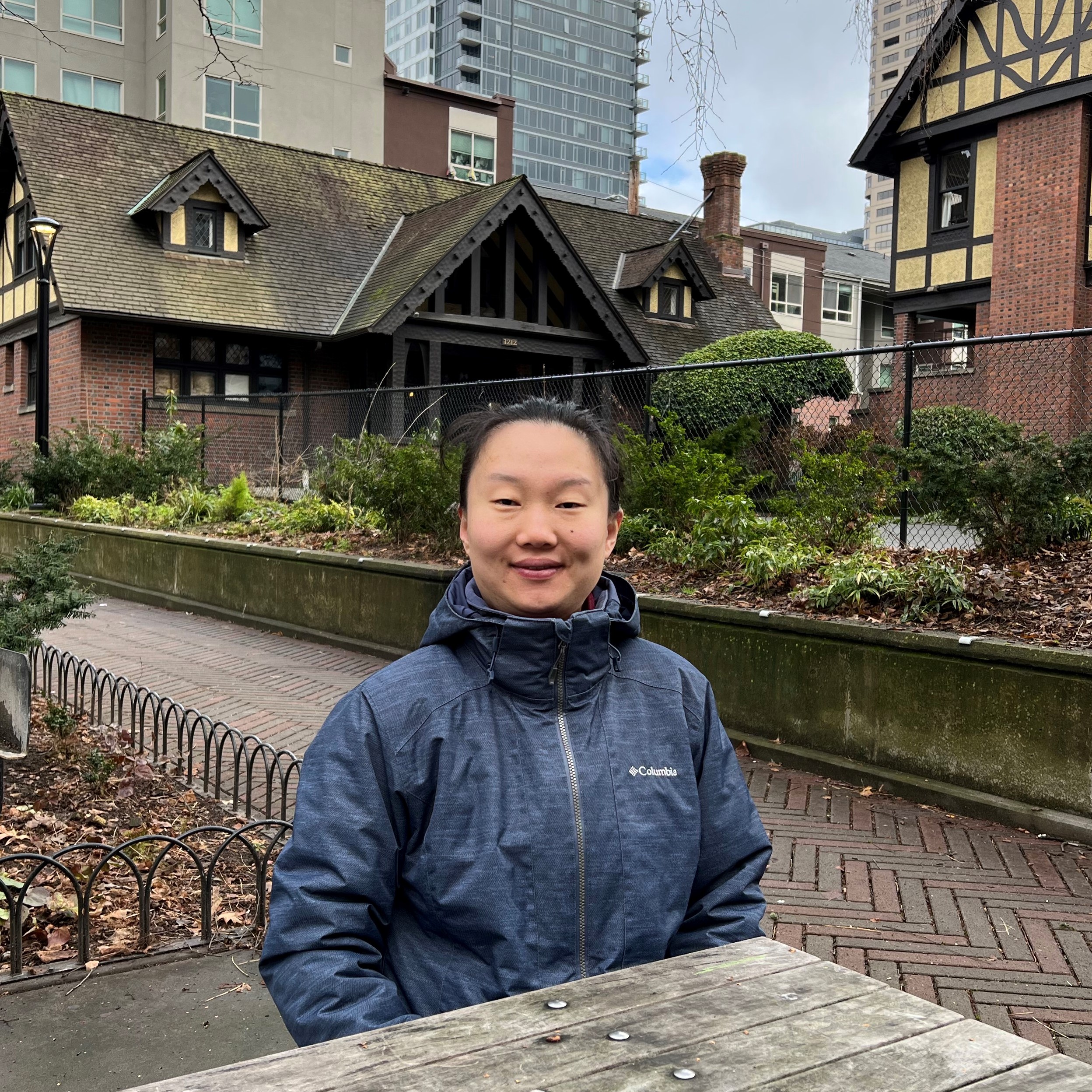
Co-op Research Assistant
Boston College
STE||AR
This project will lay out a plan to establish the STEllAR open-source organization with the mission to make the use of high-performance computing (HPC) as accessible and efficient as possible. With the help of the community, STEllAR will develop a software ecosystem of users and developers by coordinating the development of tools and technologies targeting multiple science domains, delivering educational services and technical support for faster adoption of such technologies, and providing consultancy services to the community.
Project team members participating in the POSE Training Program:
Rod Tohid

Research Scientist
LSU, CCT
Supply Chain Monitoring
Industry, government, and academia rely on a supply chain of open-source software components. Recently, hackers have identified that, in order to hack their targets, they can “poison the water stream” to affect all consumers of software at once. Problems with these sorts of attacks have caused site- and Internet-wide disruption at an estimated cost of billions of dollars. This project will tackle the challenge of developing and sustaining a community to provide usable security by building a broader solution that can secure not only cloud systems, but emerging applications such as as Artificial Intelligence and Internet of Things (IoT) as well as mission critical applications such as the powergrid.
Project team members participating in the POSE Training Program:
Santiago Torres Arias
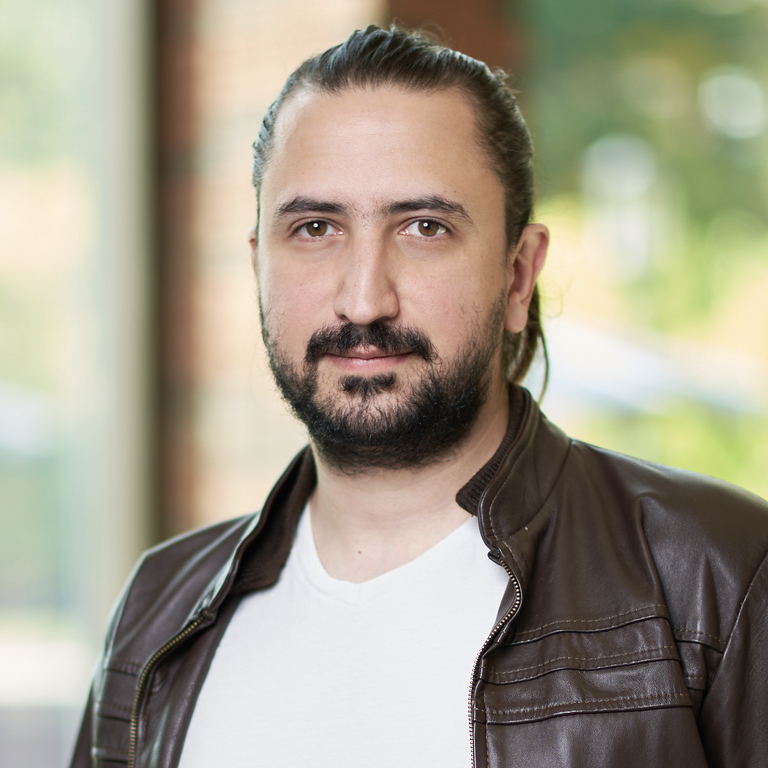
Assistant Professor / PI
Purdue University
Chinenye Okafor

Research Assistant
Purdue University
TACOS
The advanced computing infrastructure landscape has evolved tremendously with many sophisticated capabilities for tackling the world’s most challenging computing problems. But with that sophistication comes complexity. The Tapis Framework provides a hosted, unified web-based API for securely managing computational workloads across institutions so that experts can focus on their research instead of the technology needed to accomplish it. The Tapis Advancing Collaborative Open Source (TACOS) initiative seeks to explore transforming Tapis into a self-sustaining organization.
Project team members participating in the POSE Training Program:
Maytal Dahan
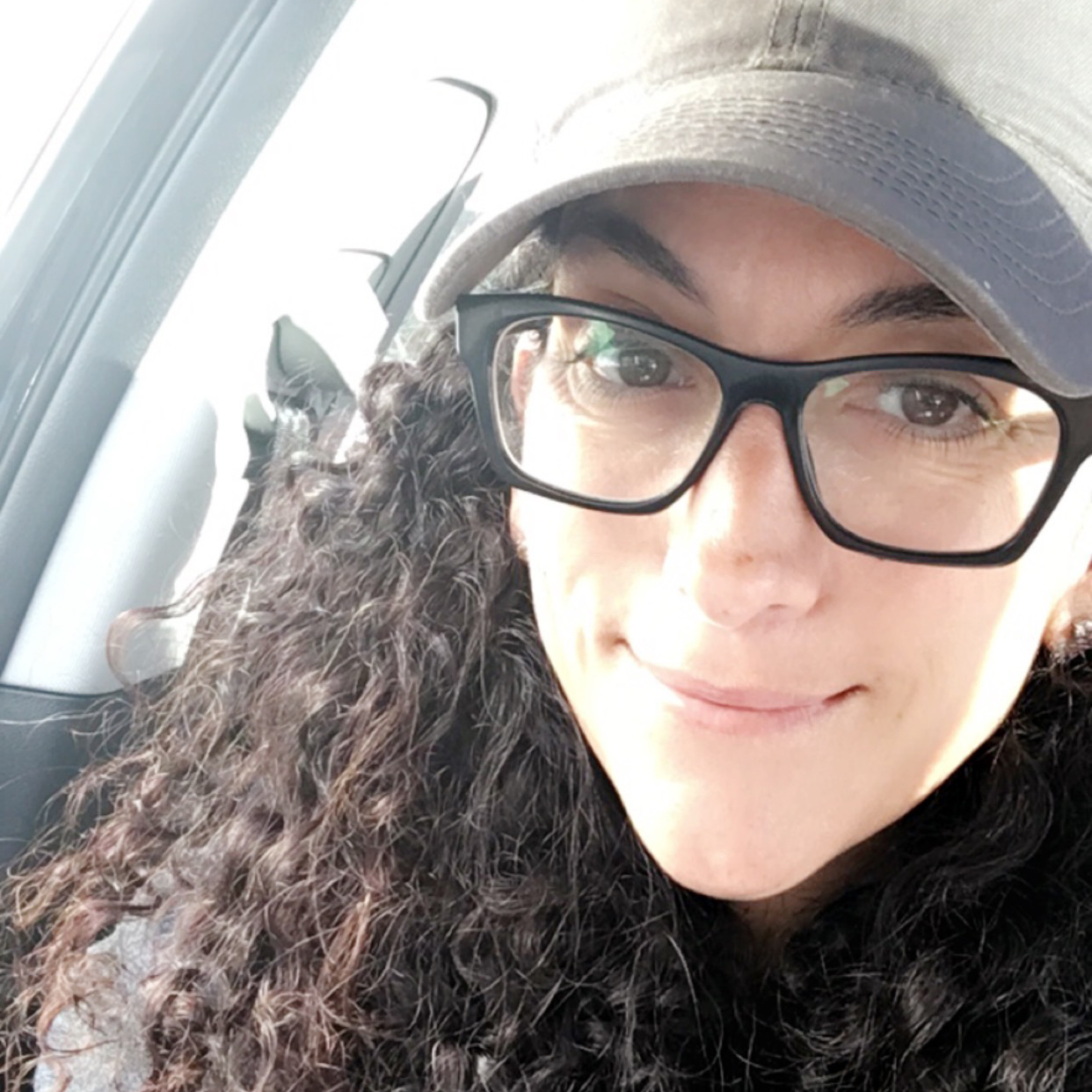
Director of Advanced Computing Interfaces / PI
University of Texas at Austin
Sean Cleveland
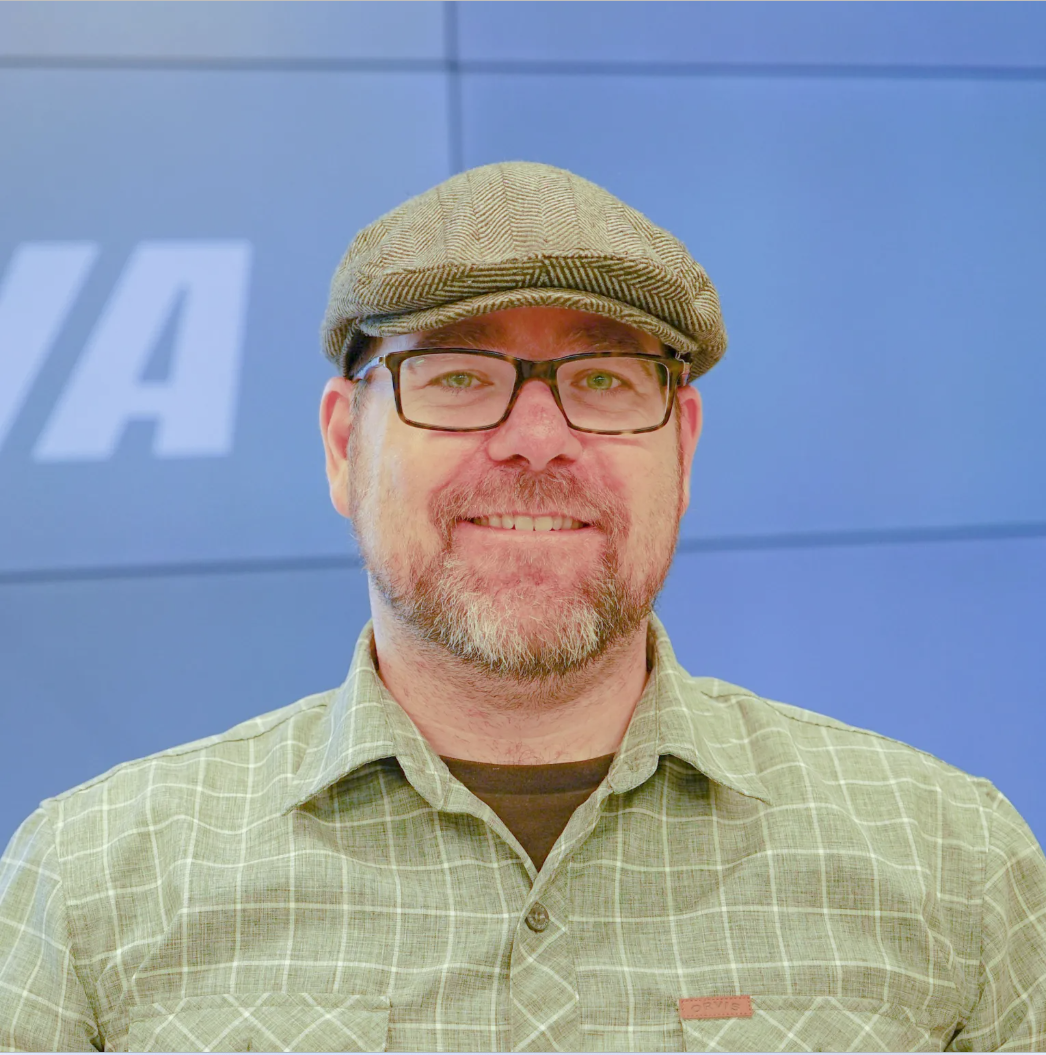
Associate Director of Cyberinfrastructure
University of Hawaii – System
Joe Stubbs

Research Associate
University of Texas at Austin
Taskflow
Open-source software systems designed for task-parallel programming have become central to a wide range of modern scientific computing applications, such as machine learning and quantum computing. While decades of research has yielded many open-source task-parallel programming systems, most of them are led by a handful of developers and their impacts do not sustain in the long run. To overcome this challenge, this project proposes scoping activities to establish a route to a long-term sustainable ecosystem for task-parallel programming. These activities build atop the open-source software, Taskflow, a high-performance task-parallel system to streamline the building of complex scientific computing applications.
Project team members participating in the POSE Training Program:
Tsung-Wei Huang
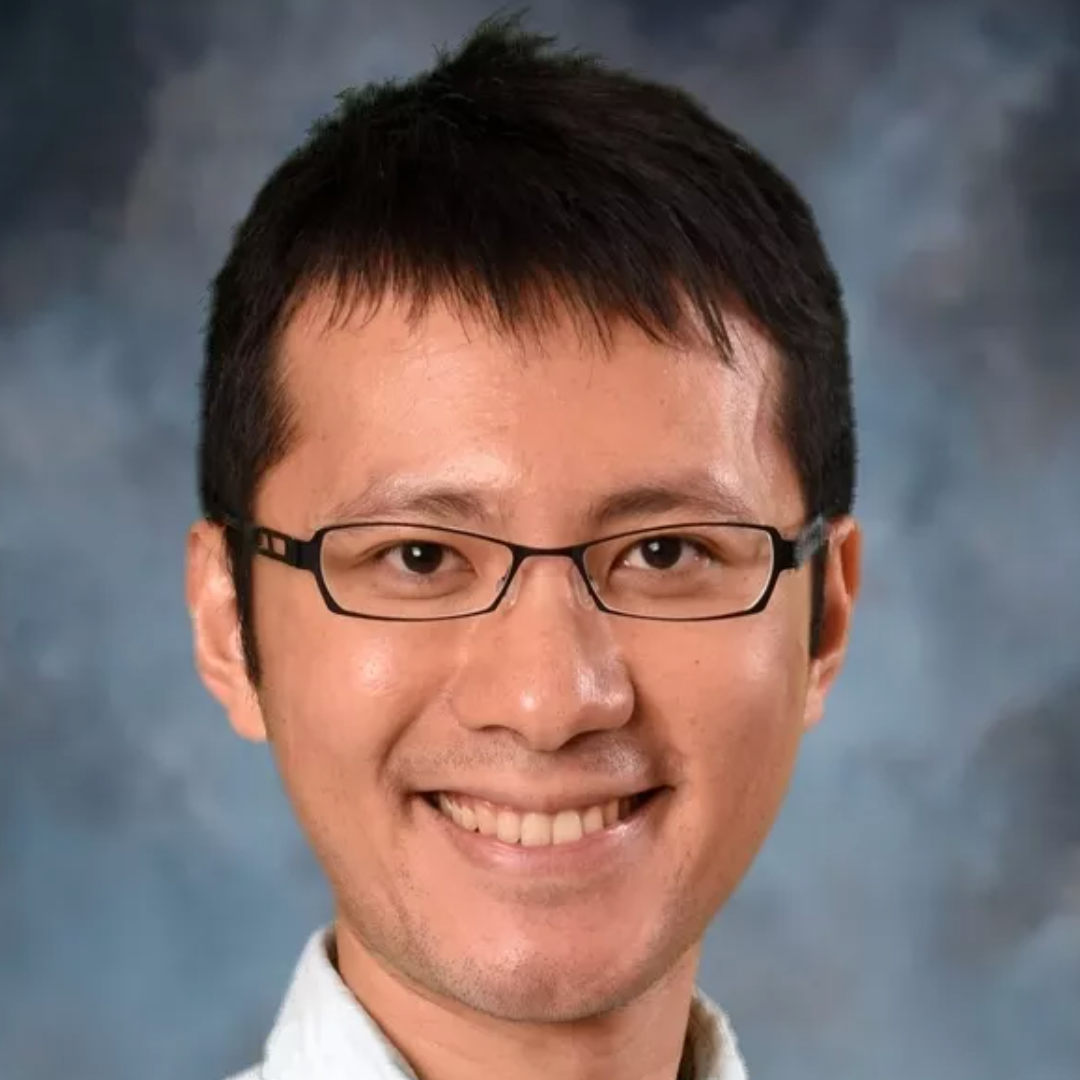
Assistant Professor / PI
University of Utah
McKay Mower
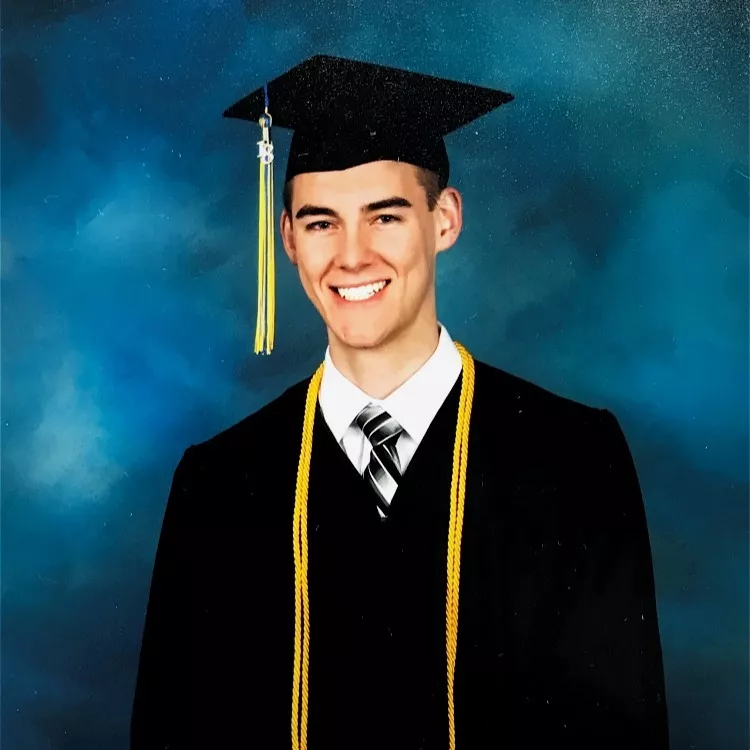
Graduate Student
University of Utah
Cheng-Hsiang Chiu
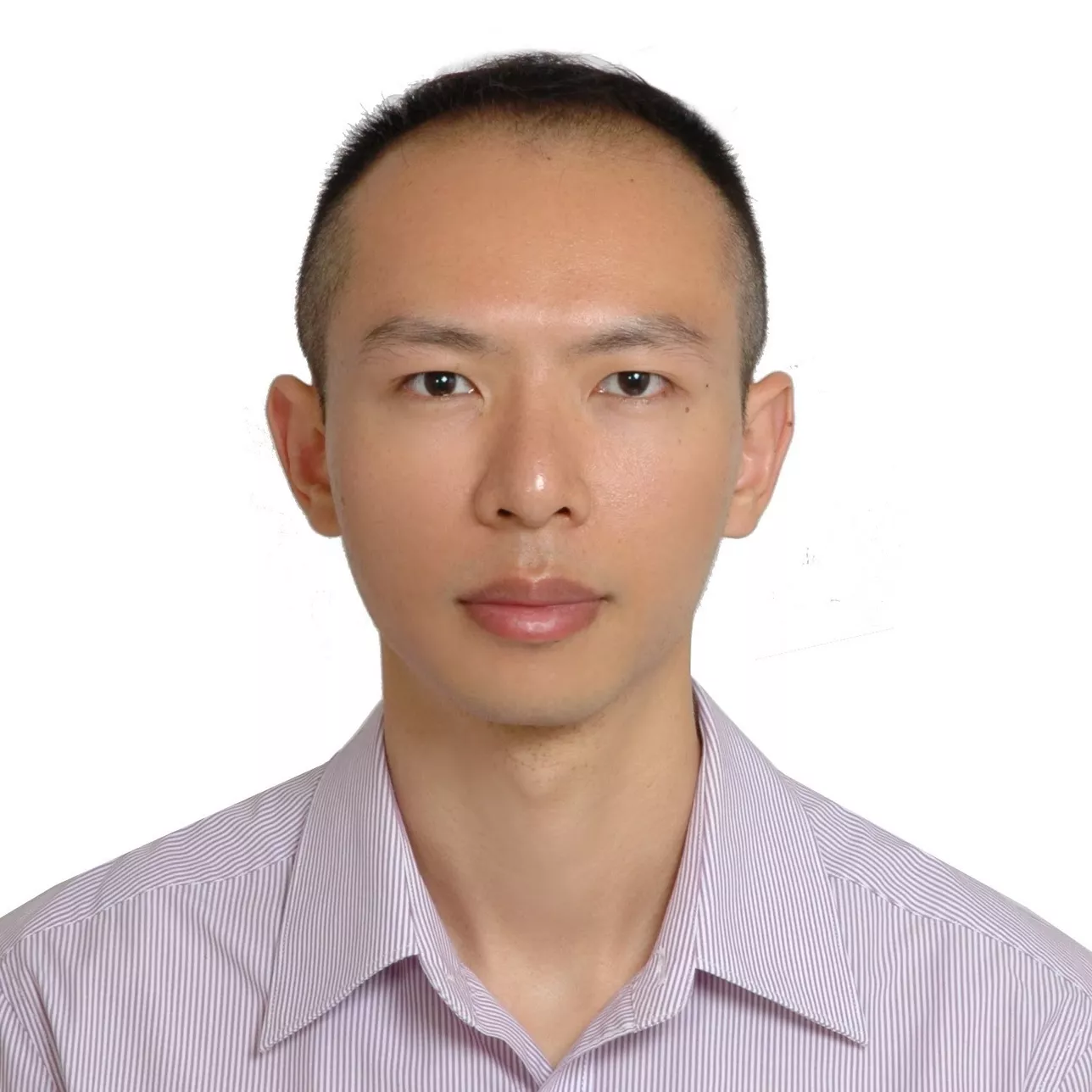
PhD Student
University of Utah
Dian-Lun Lin
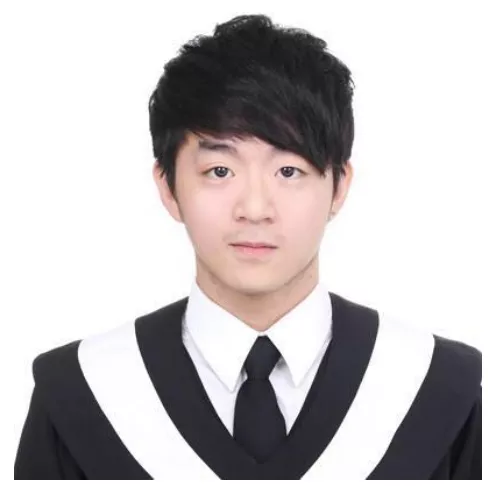
University of Utah
Tuitus
Natural hazards, such as floods, landslides, earthquakes, tornadoes, and wildfires, threaten more than 57% of the US national infrastructure. Modeling these complex natural hazards pushes the frontiers of high-performance computing, multi-scale modeling, in-situ visualization, big-data analysis, and machine learning. The project establishes the Tuitus Foundation (Latin for “to protect or care for”), a sustainable, inclusive, open ecosystem of scientific codes for Natural Hazard Engineering (NHE). The project supports building scalable, automated testing and workflow management for high-performance computing (HPC) environments, and tackles the social issues around building and sustaining a community by establishing a Governing Board of Directors and supporting community-driven software development.
Project team members participating in the POSE Training Program:
Krishna Kumar
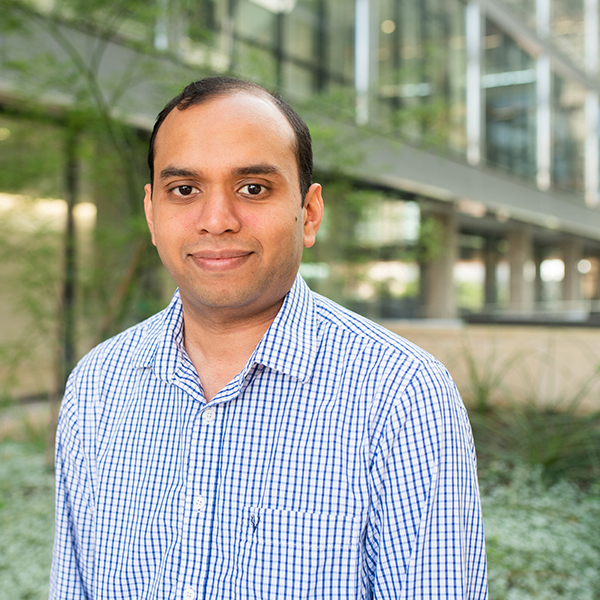
Assistant Professor / PI
University of Texas at Austin
WASM
WebAssembly (Wasm for short), is a new, portable compilation target for the Web that has sparked a revolution in how web applications are built. Since its appearance in major browsers in 2017, Wasm has brought a new, powerful capability to the Web platform and begun expanding rapidly in Edge computing, Internet of Things (IoT) contexts, and embedded systems. Despite this momentum, the Wasm research community lacks shared infrastructure. This project identifies key missing pieces of research infrastructure related tools and artifacts, such as good benchmarks, that need an open-source ecosystem to flourish.
Project team members participating in the POSE Training Program:
Ben Titzer
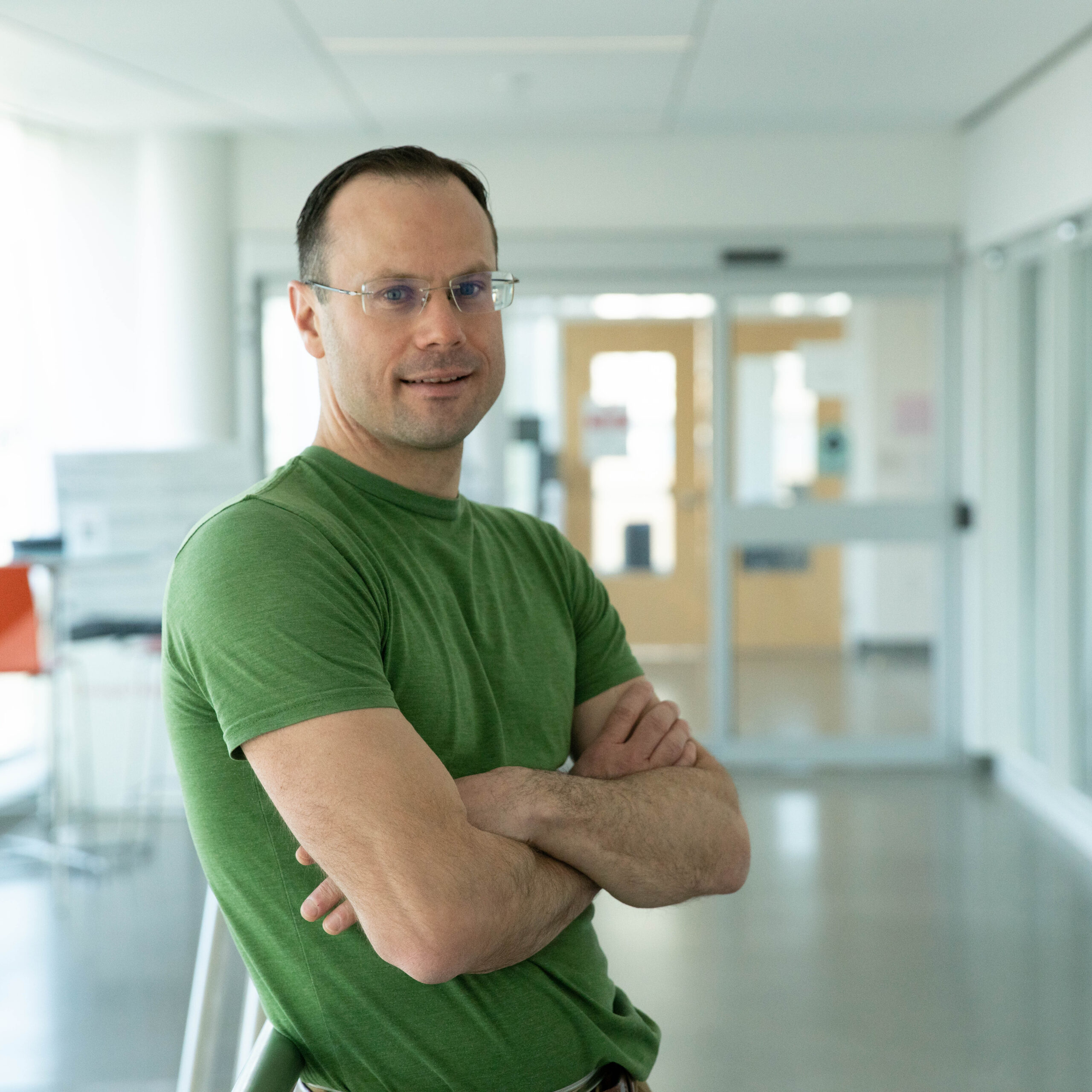
Principle Researcher / PI
Carnegie Mellon University
Wild Me
Digital images and video have become the most ubiquitous and inexpensive data sources for wildlife research, especially when well designed scientific efforts can partner with the public to increase the breadth of coverage and volume of data. The open-source Wild Me ecosystem aids wildlife researchers at universities and local NGOs in curating large volumes of digital images and videos, employing a multistage machine learning pipeline to find, count, and individually identify wildlife to support population biology, social ecology, and more. This project will advance the Wild Me ecosystem through building an open-source managing organization responsible for community growth effort by engaging software professionals and scientists.
Jason Holmberg
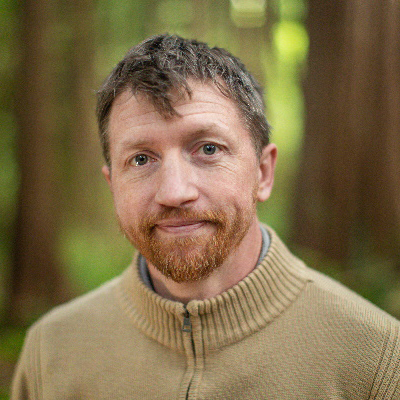
Executive Director / PI
Wild Me
Jon Van Oast

Senior Software Engineer
Wild Me
Anastasia Pagán

Customer Support Engineer
Wild Me
